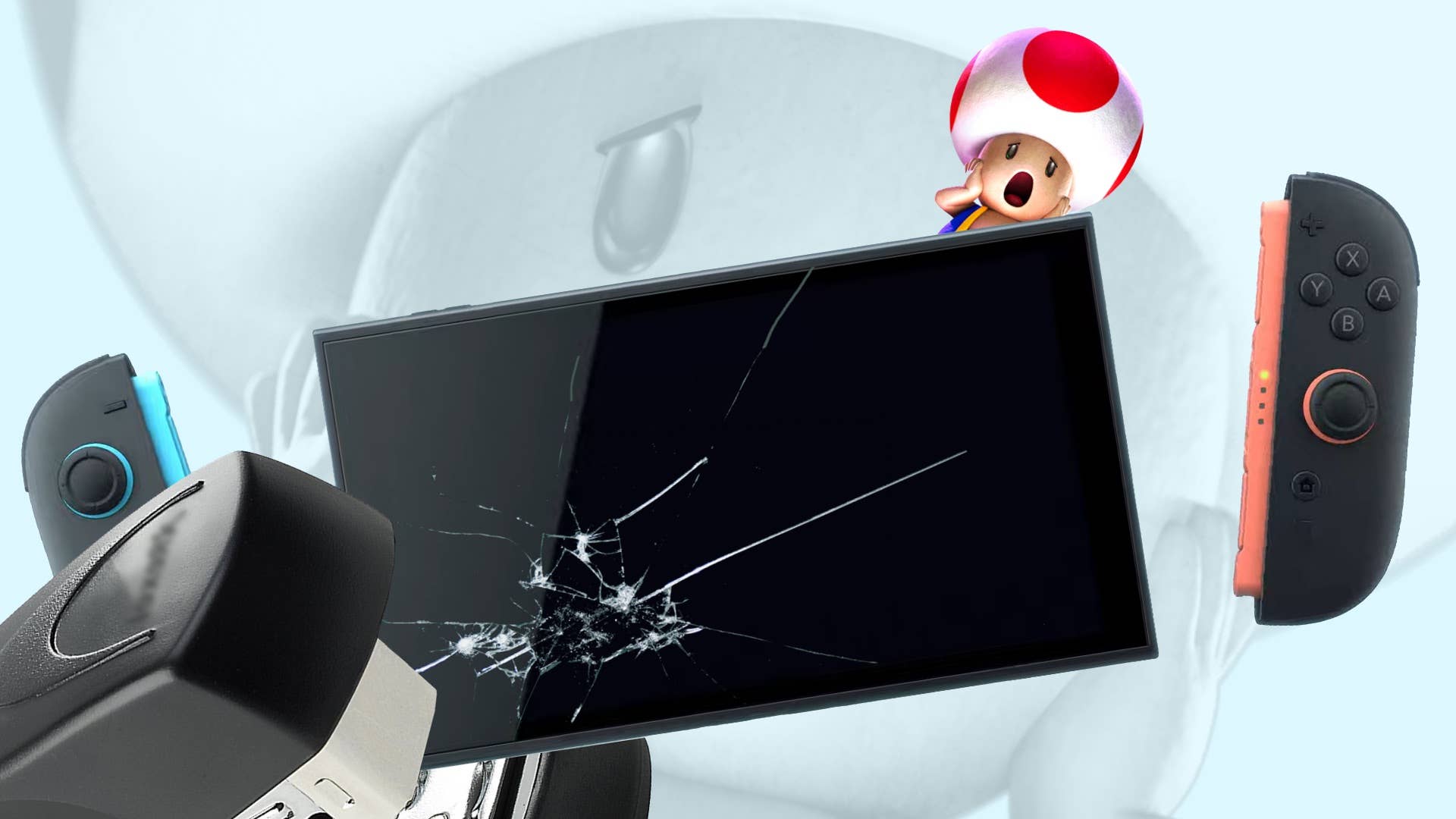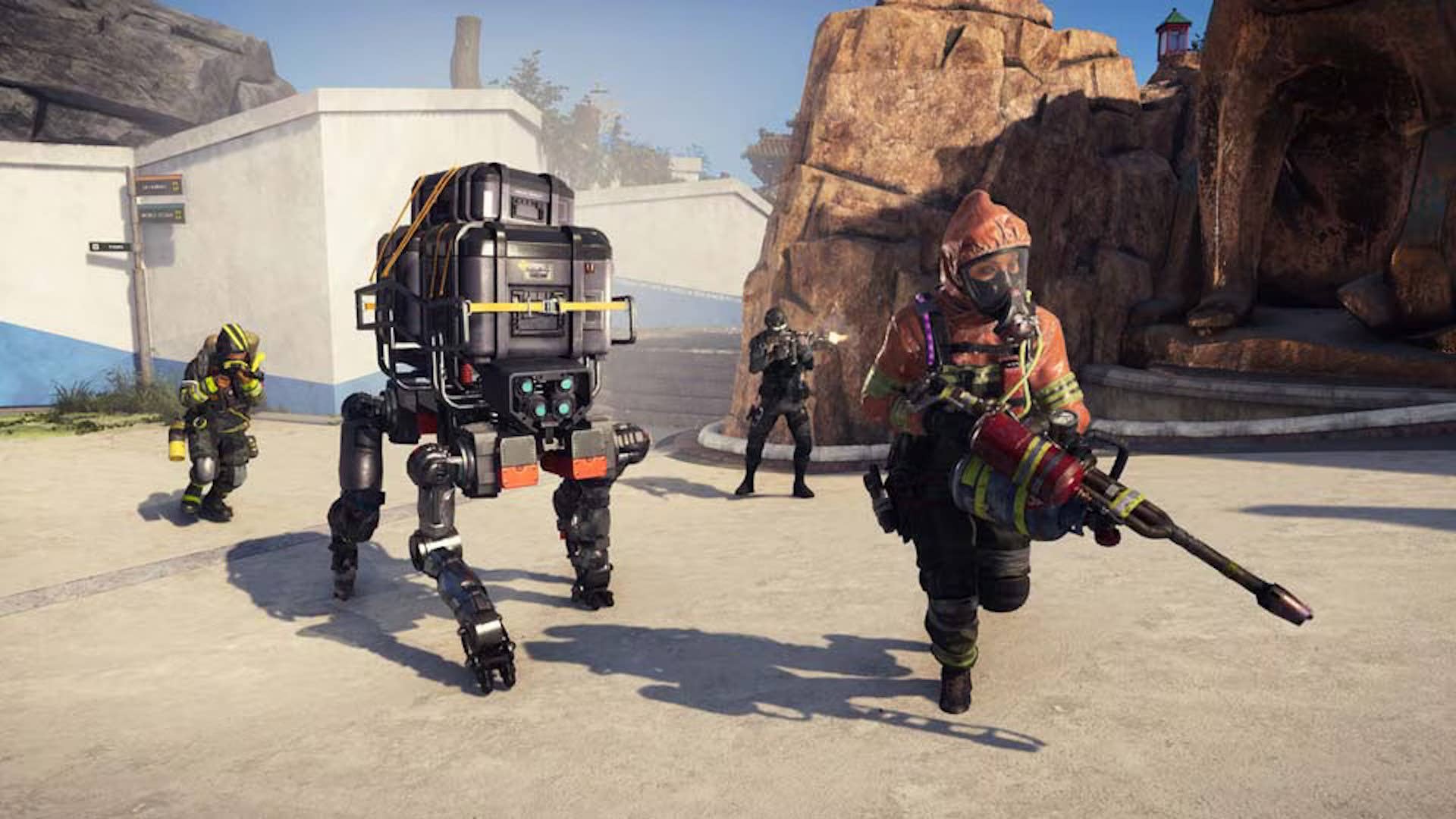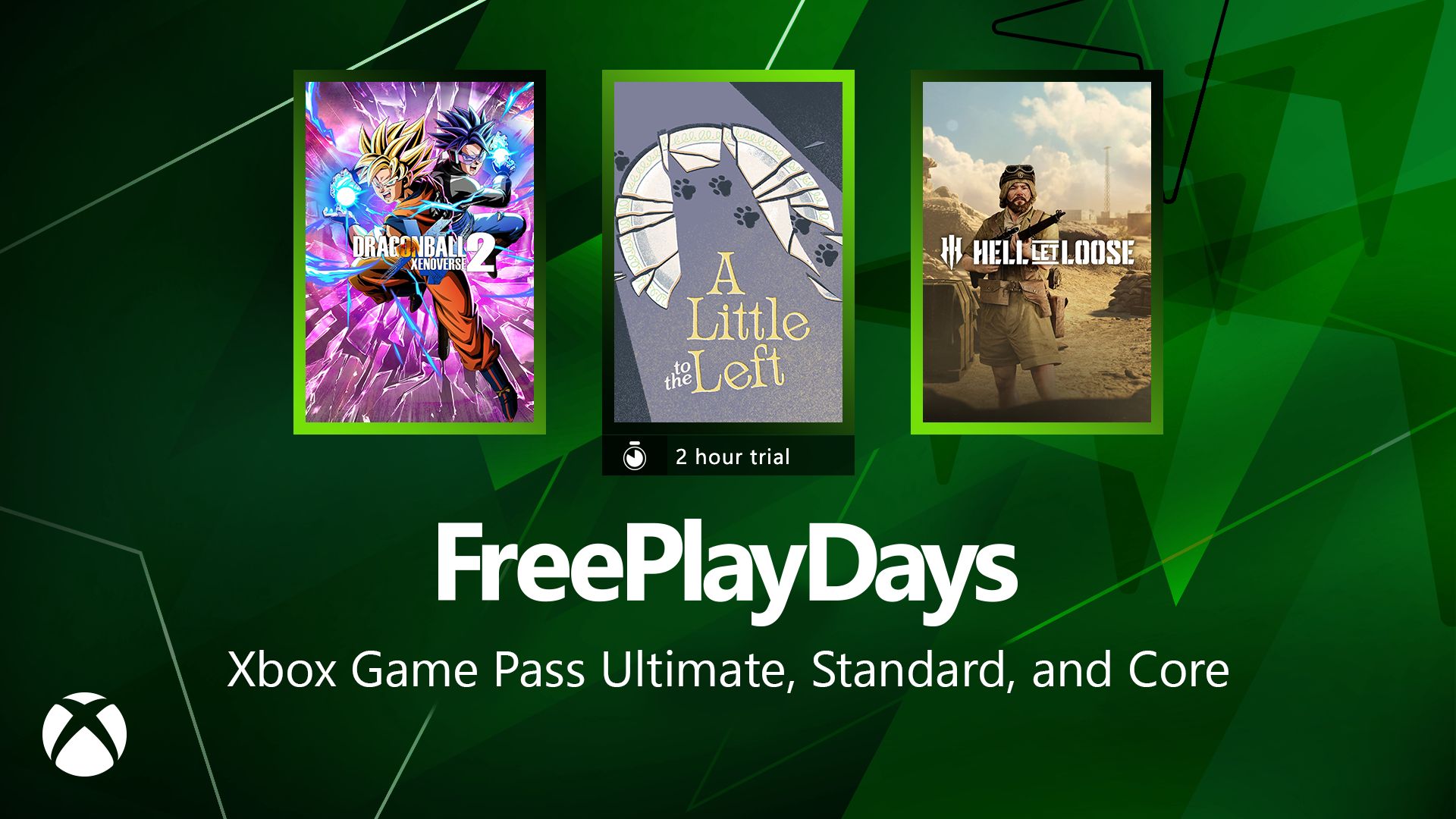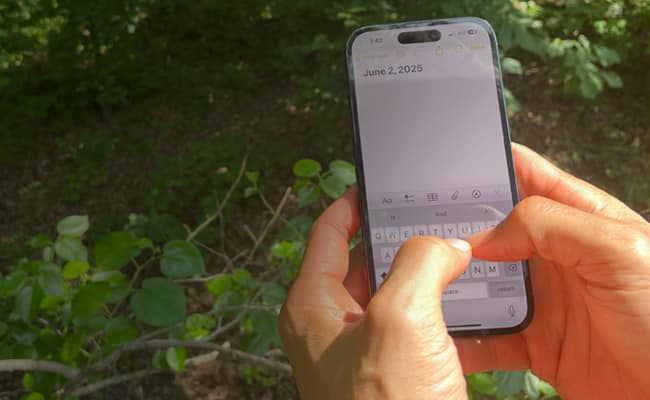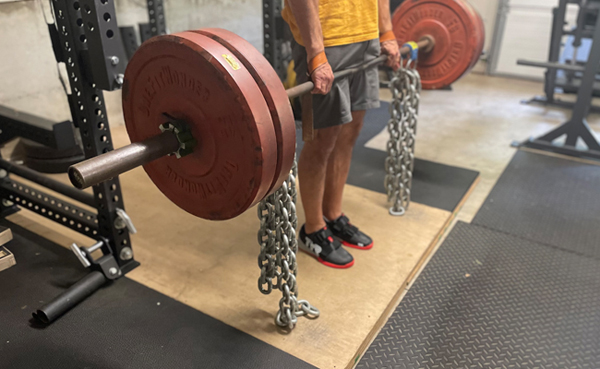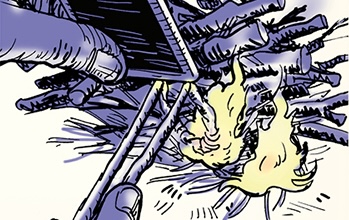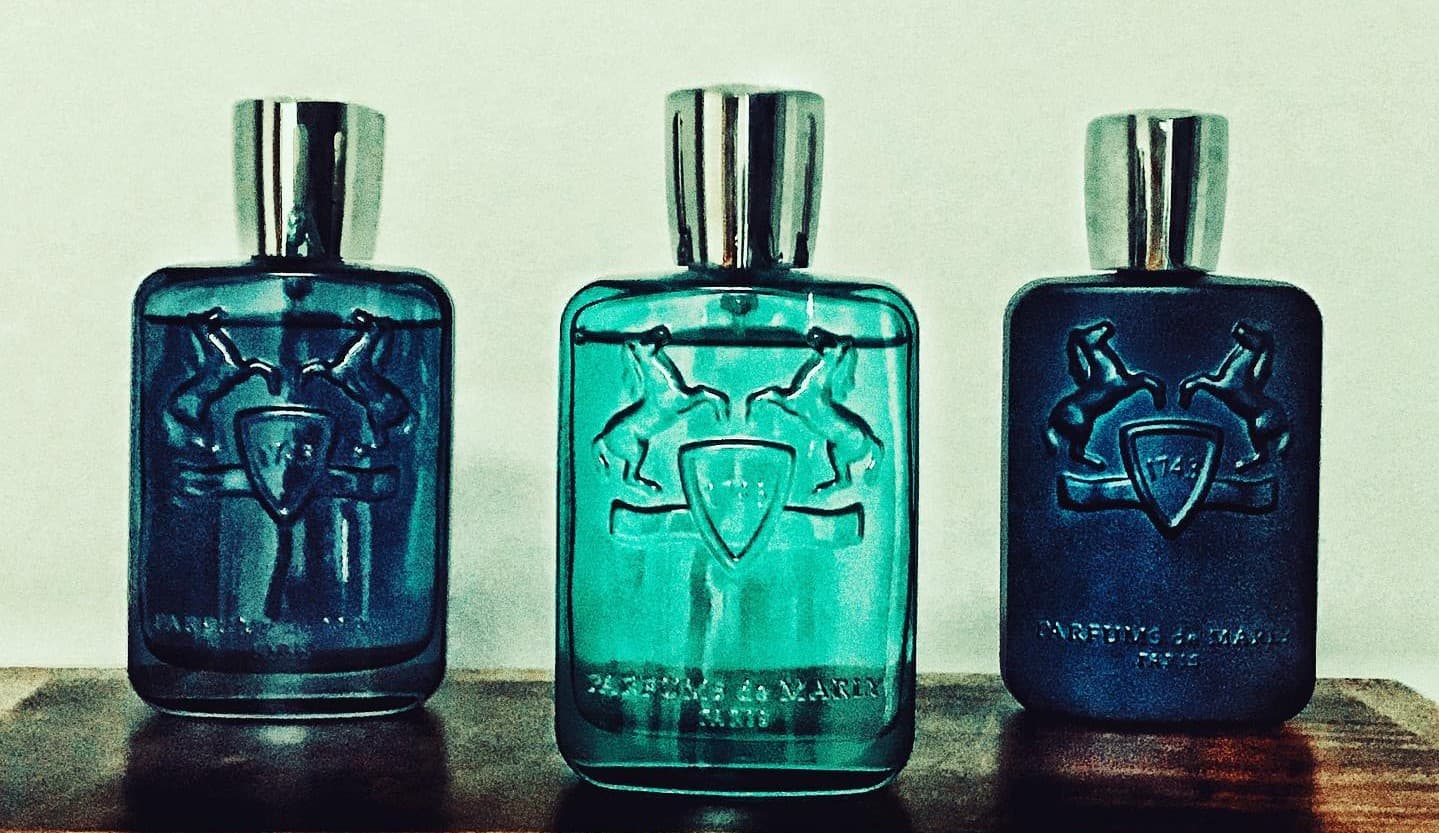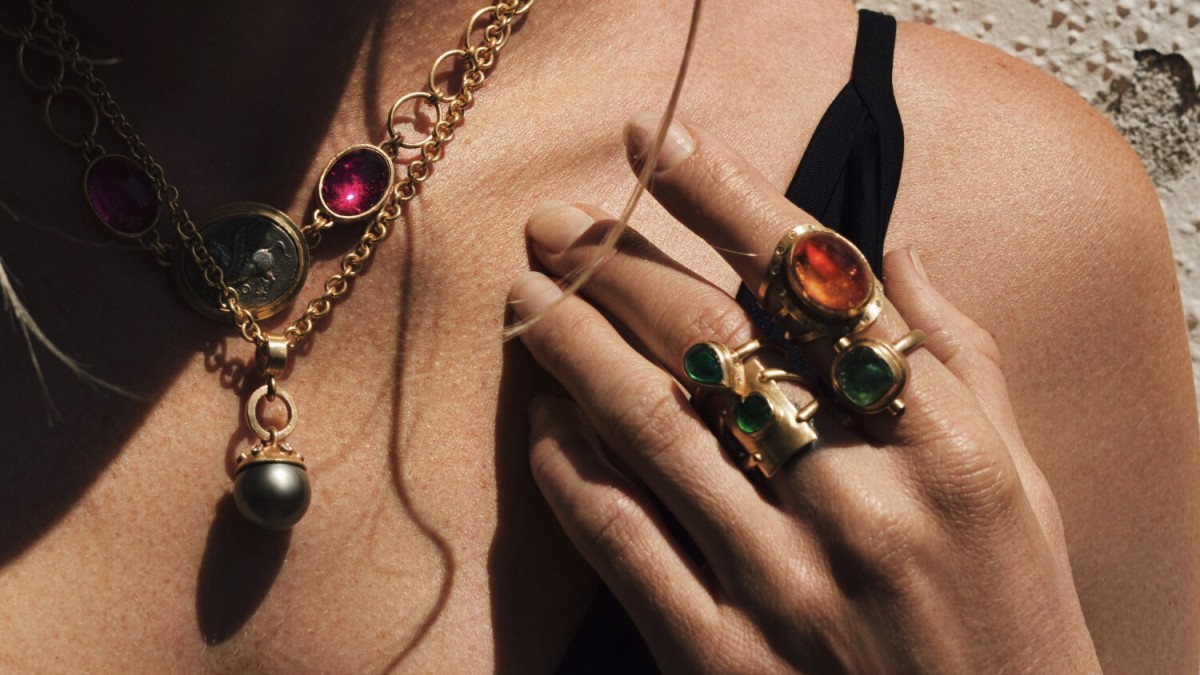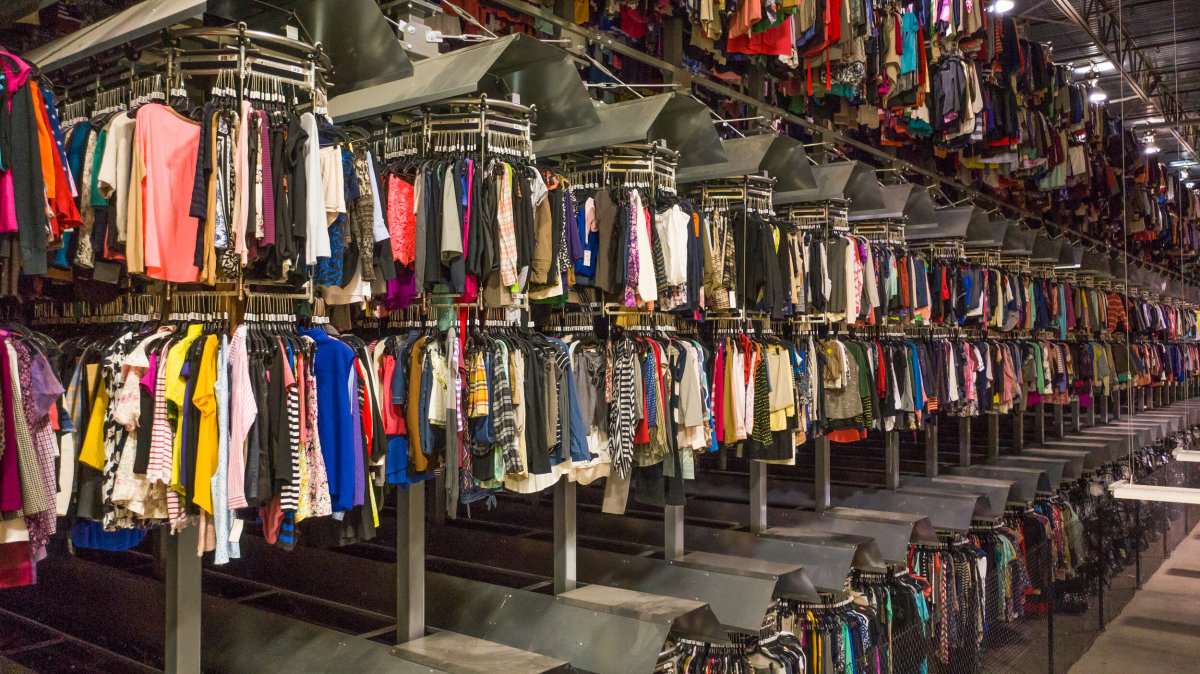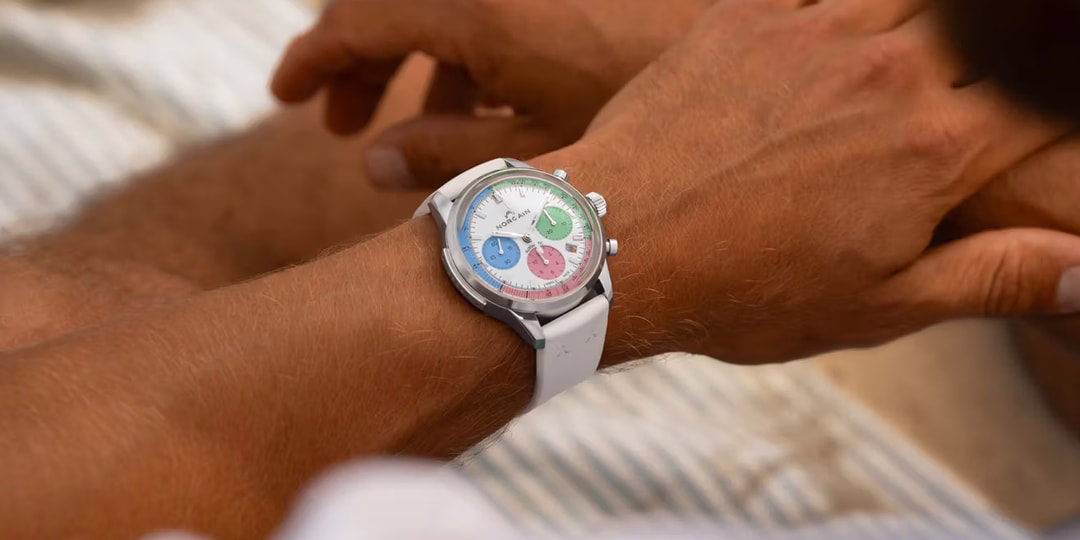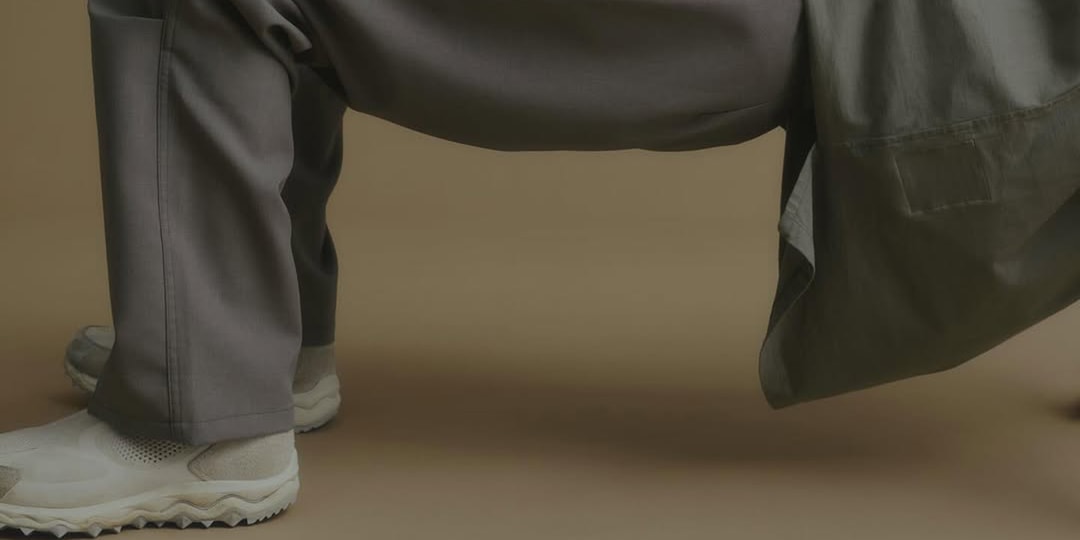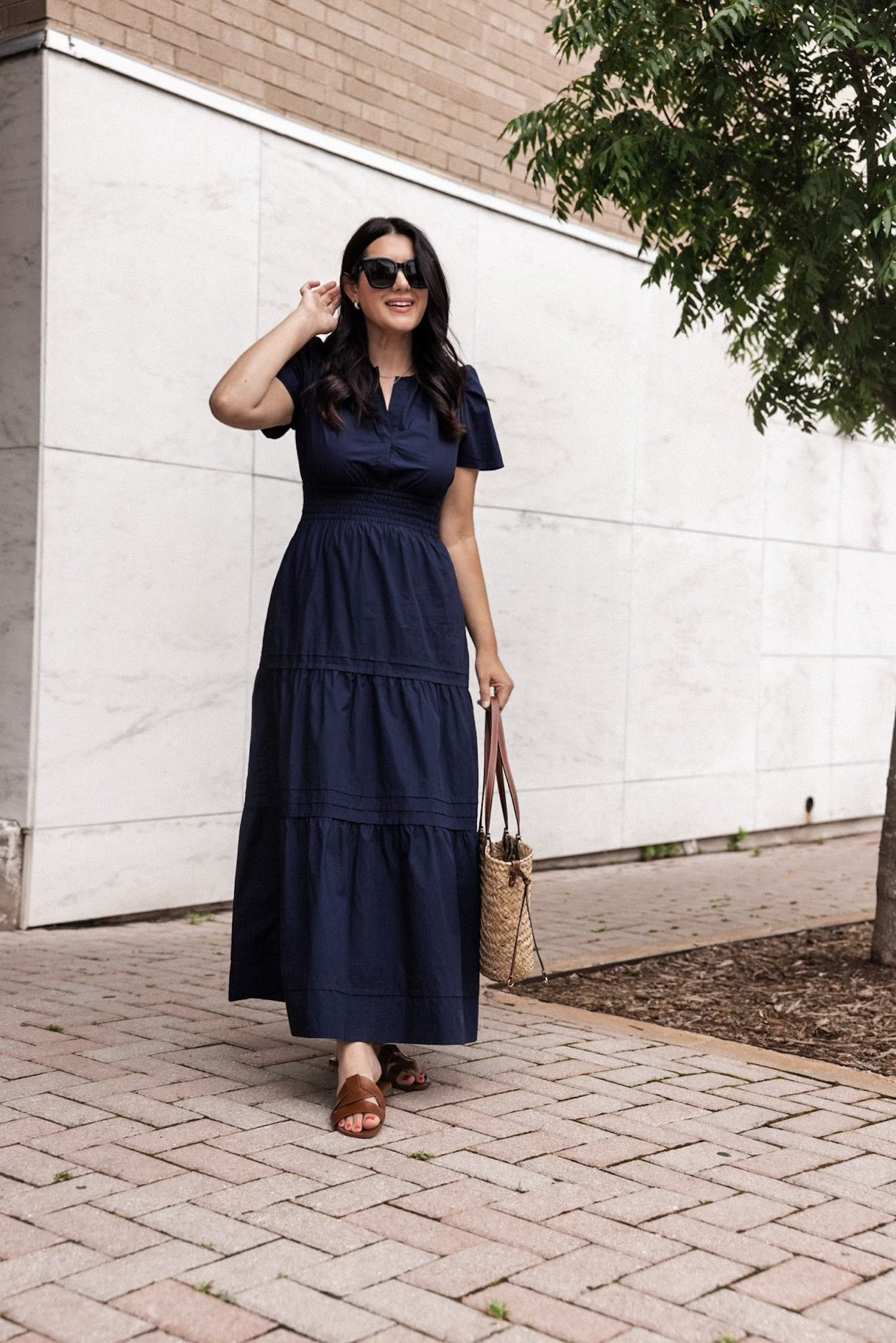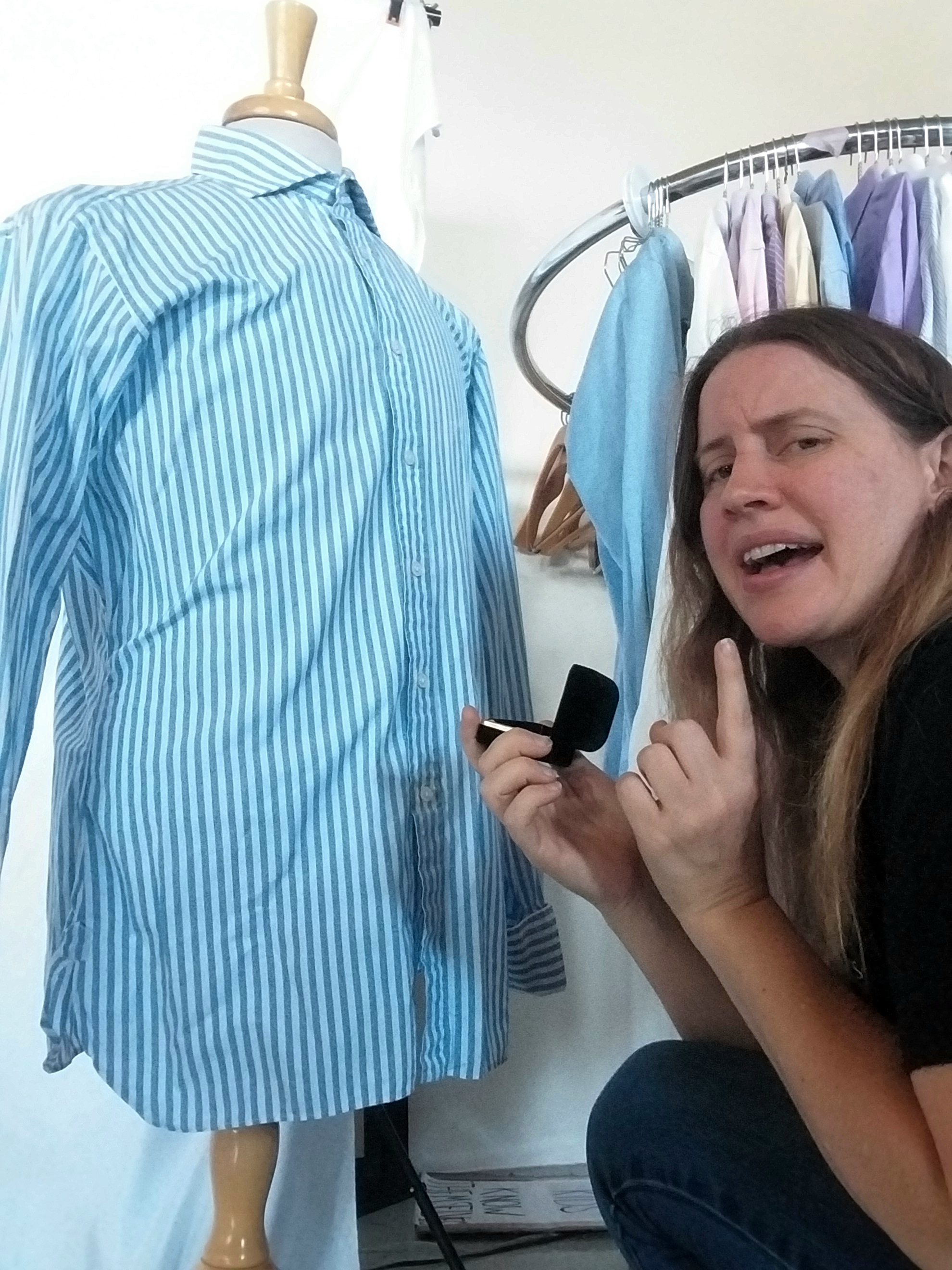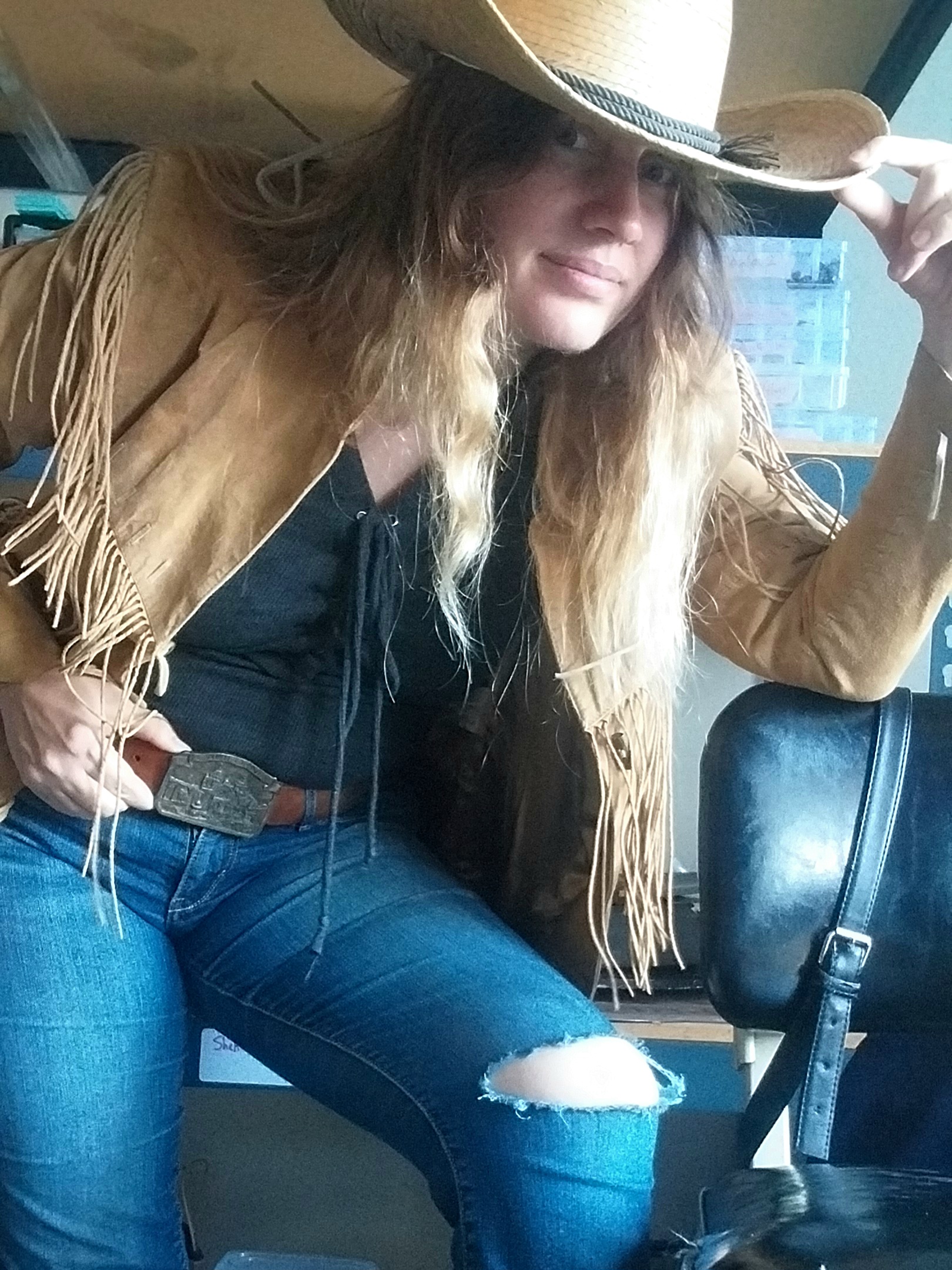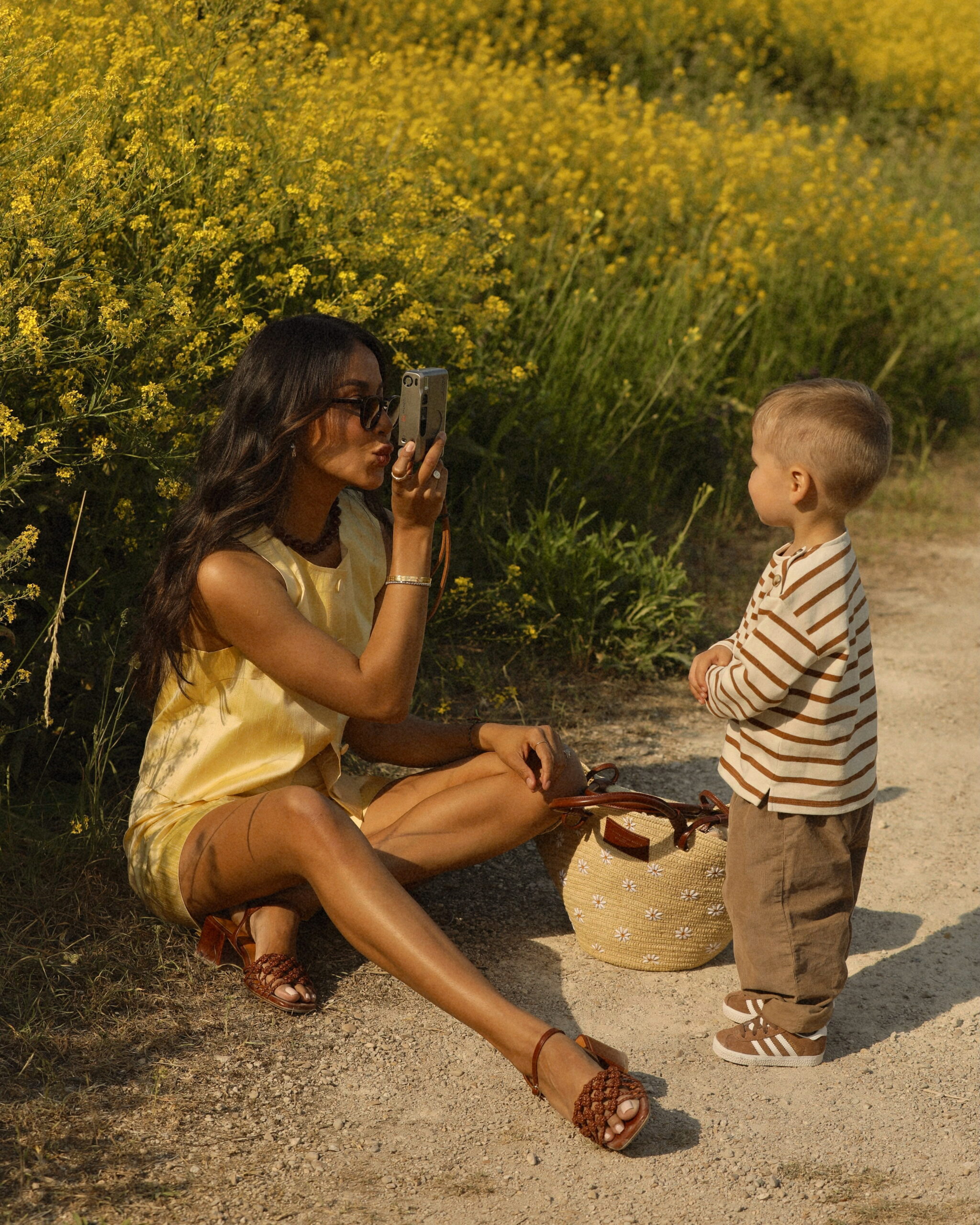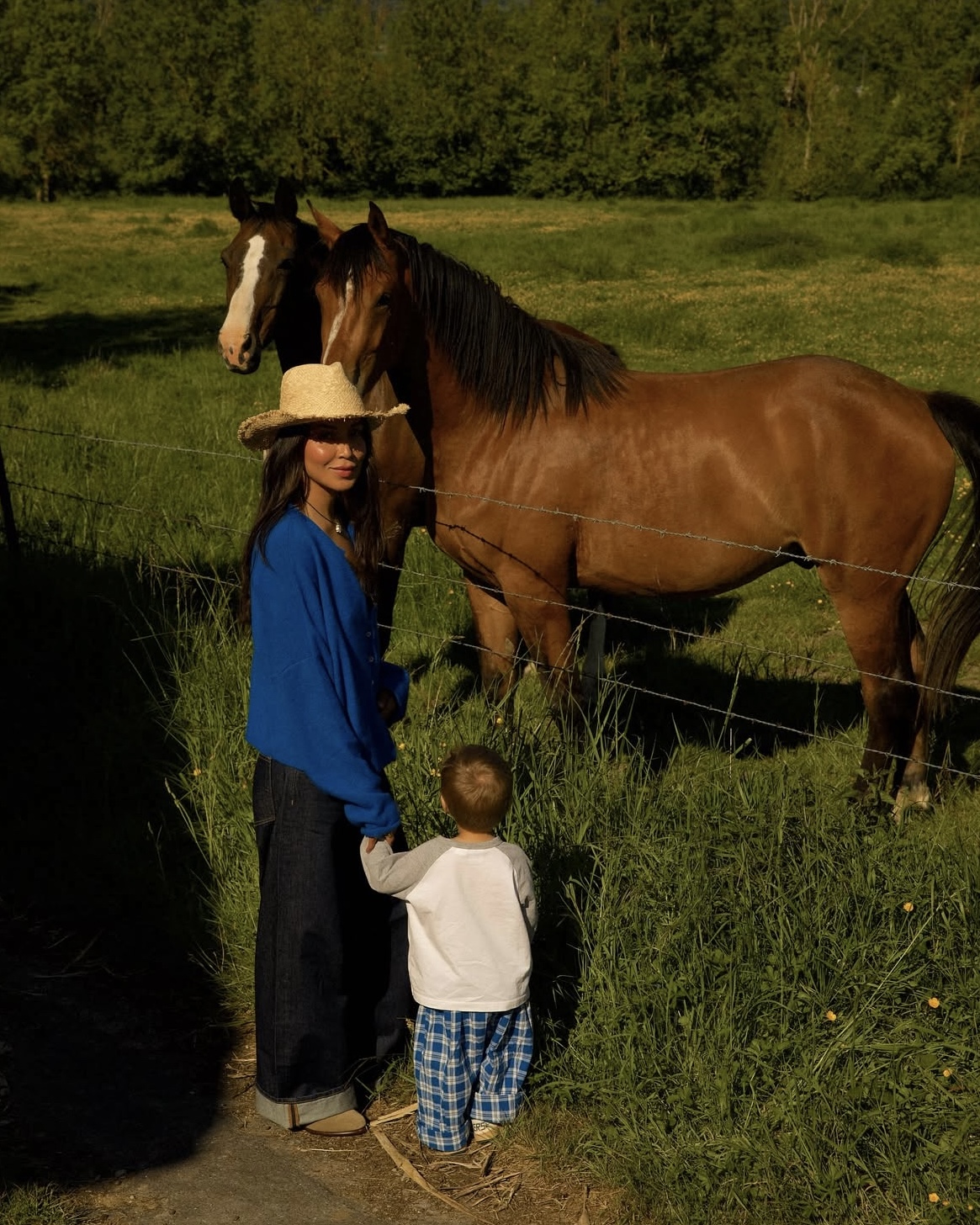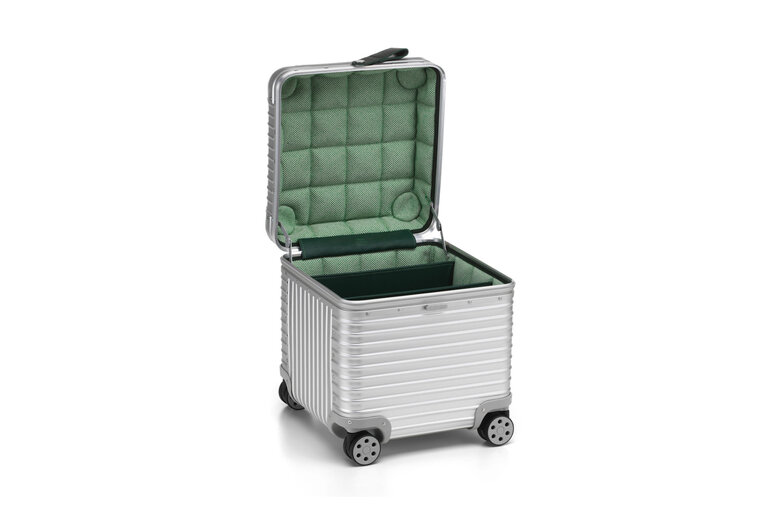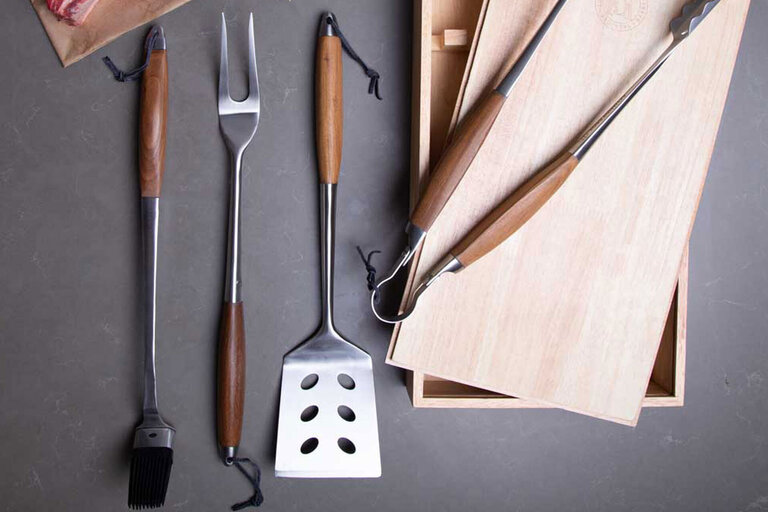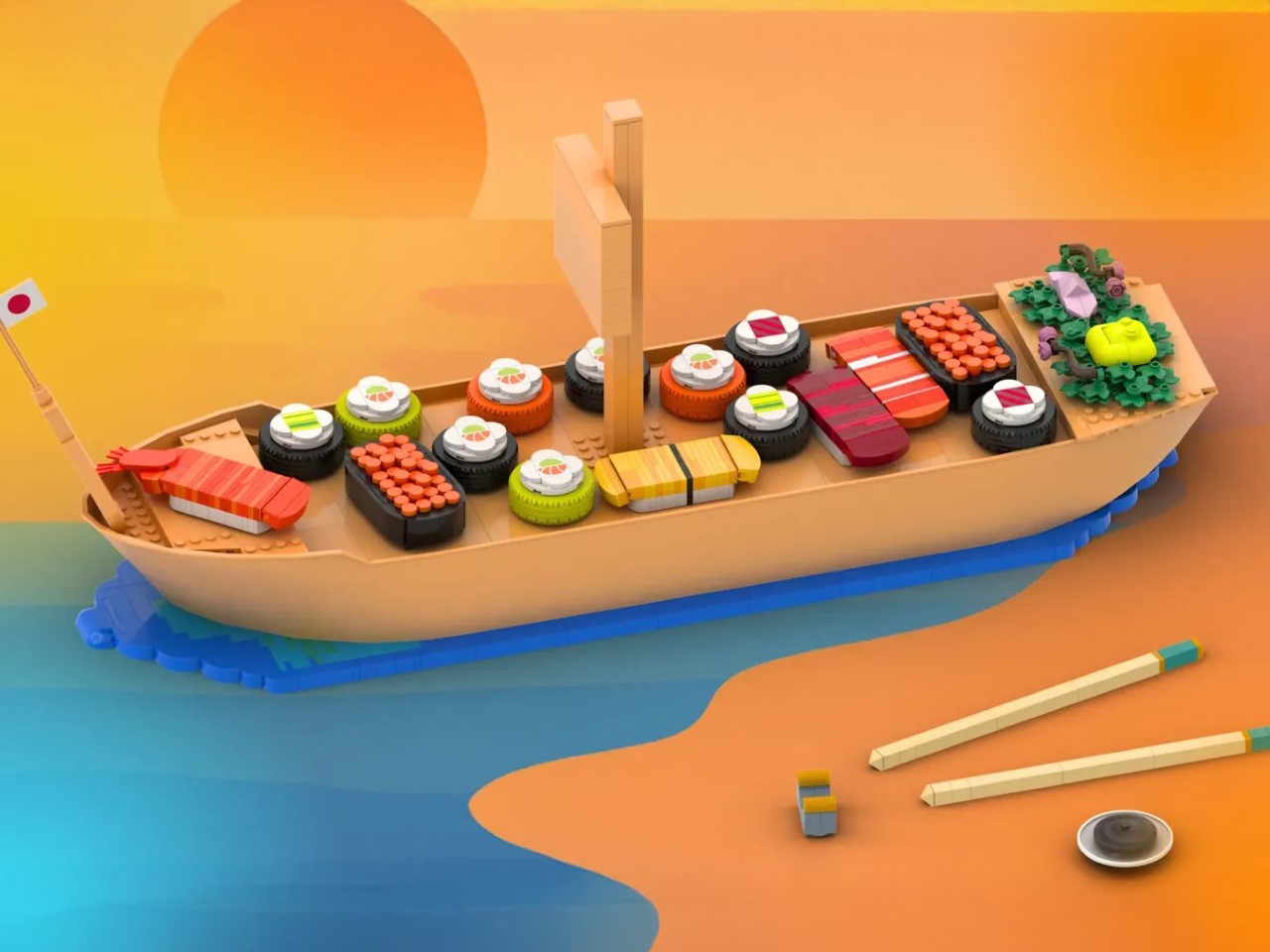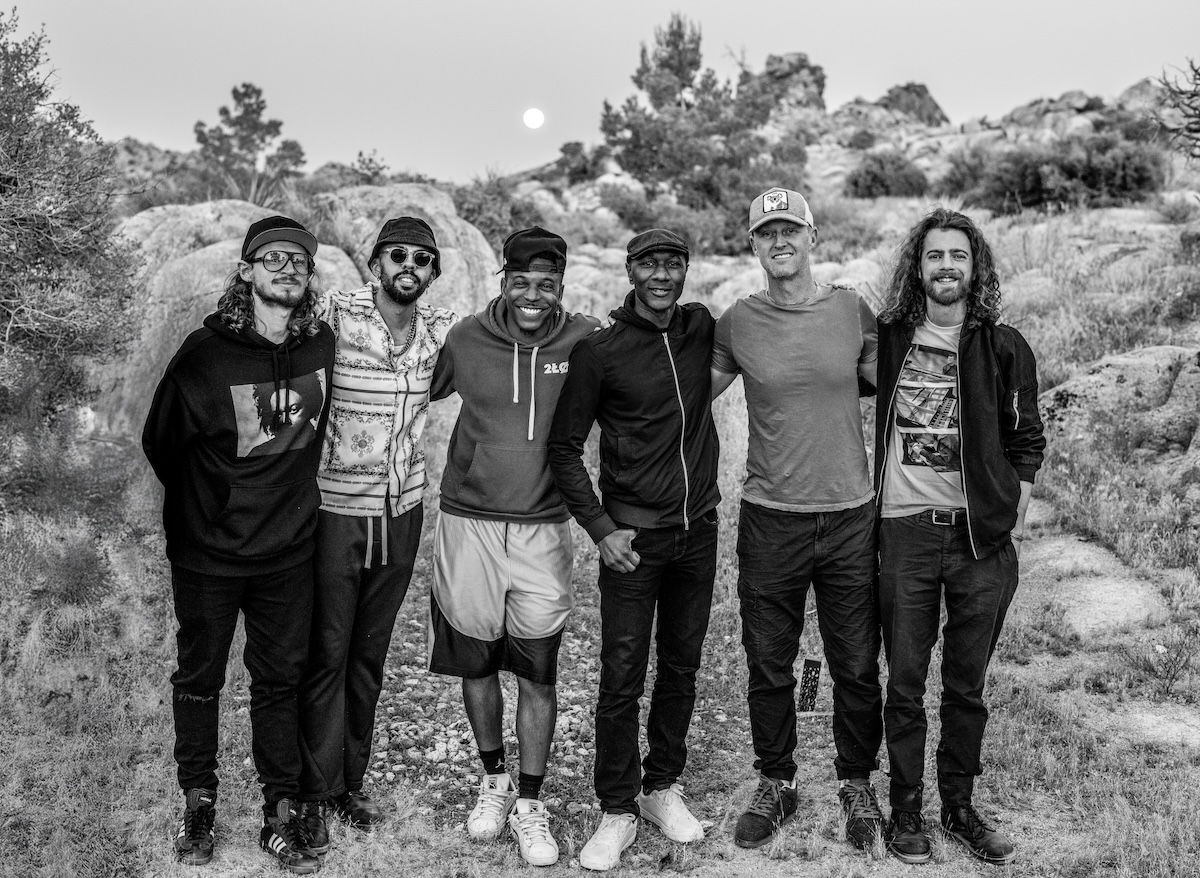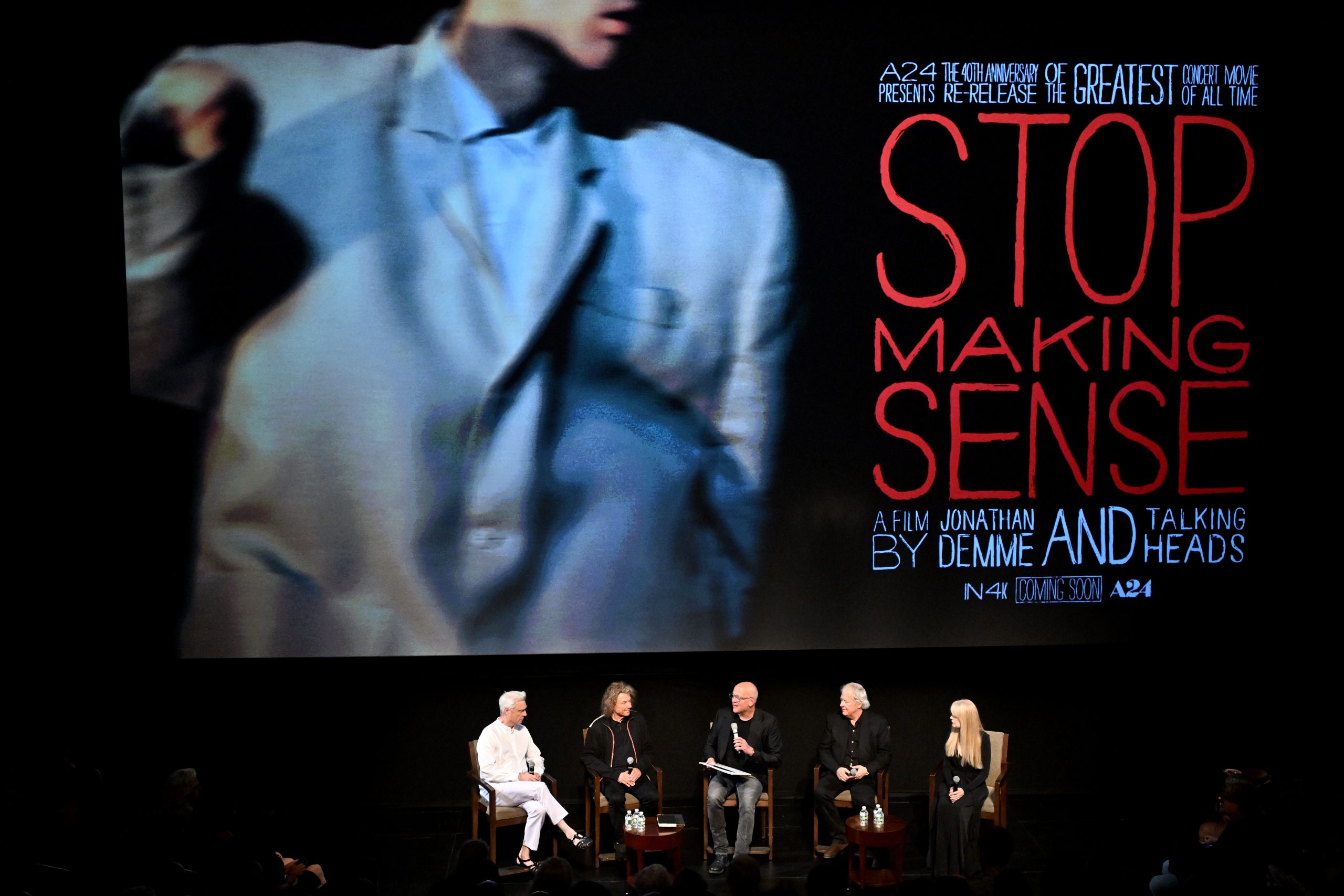How to Get Over a Travel Fling (and Why They Hurt so Much)
Remember: you probably didn't know the real them.


I clambered out of the cramped top bunk in my hostel dorm room, chatting with my new friends for the night as we walked into the hostel bar. It was humid, thanks to both the Thai summer weather and the hundreds of 20-somethings crammed together in the search for a cheap beer. The air smelled like sunscreen and cigarettes, a local fire dancer was putting on a show just outside on the beach, and the same ABBA song I’d been hearing every day of my trip was blasting.
Suddenly, there he was: a 6-foot, 4-inch-tall man with a striking resemblance to a young Brad Pitt and the most Australian name you’ve ever heard in your life.
This is how my unexpected travel romance began. Over the coming days, we went skinny dipping in the sea off Ao Nang and chatted for hours over sushi rolls from 7-11. And on the night of the Full Moon Party on Koh Phangan, after the clock struck over into the earliest hours of Valentine’s Day, he kissed me on the sand and smuggled me into his dingy hostel room.
This was the end of it, of course. He went home to Australia, and I returned to the UK. I barely knew him, and yet for weeks afterward, I couldn’t bear to open the dating apps again. Why should I bother to go on yet another painful first date when I knew I had a connection with someone else — albeit someone 10,000 miles away?
I’m not the only one who has had an experience like this: a recent survey by Meininger Hotels found that more than one-quarter of respondents had fallen in love while traveling or on vacation.
Why are travel flings so intense?

Photo: PeopleImages.com – Yuri A/Shutterstock
The reason that travel flings can feel so passionate is “because your nervous system is in a heightened state – a new environment, no routines, fewer responsibilities,” explains Cheryl Groskopf, an anxiety, trauma, and attachment therapist.
The travel mindset of being open to meeting new people, trying unexpected things, and being the most fun and spontaneous version of ourselves also primes us for these rapid-burn romances.
“This leads to the meeting with new people feeling more exciting and emotionally loaded. Since we also tend to do fun things when meeting these people, we often go into a more romantic and fun phase quickly. That gets intense and makes us feel a lot, even if it’s over a short period of time,” says licensed sexologist and relationship therapist Sofie Roos.
Travel romances are particularly hard to get over because of how quickly these fleeting connections form, and how quickly they subsequently end. This can be especially jarring if both parties felt a strong connection, and the only reason for parting ways was the need to return to their respective corners of the globe.
“You also connect the person to the traveling, and how that made you feel, with all new places, people, smells, tastes, freedom and excitement. [It makes] it even harder to let them go, because you put all the great memories of traveling into that person, who stands as a symbol for how you felt overall during that time,” Roos says.
When most people return from long, exciting trips, they may experience a case of the “vacation blues,” or the emotional come-down after a fun trip. Real life seems dull and boring in comparison, which may further stymie your ability to move on from a holiday fling.
“You’re not just grieving the person. You’re grieving the fantasy, the version of yourself that came alive, and the escape from real life. That combo hits hard. It’s not just a breakup — it’s a crash back into reality,” Groskopf says.
What that means is that travel flings can feel much more intense than a fling at home, with much stronger emotions and more of a feel of loss and change than a normal breakup might. That makes the “breakup” feeling afterward more intense, too. It’s not the same as breaking up after a quick fling at home. So, how do you get over it?
Let yourself feel it
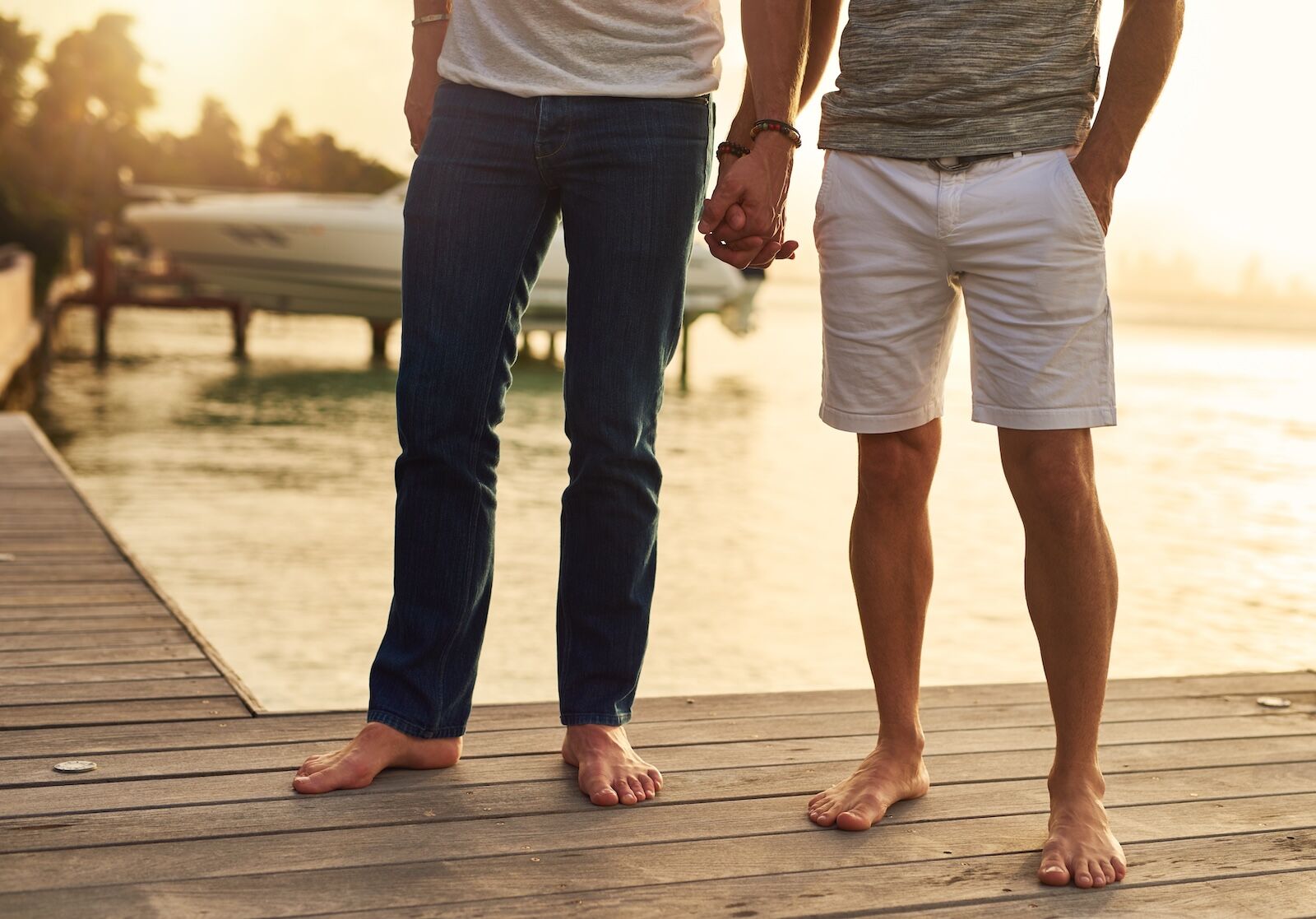
Photo: PeopleImages.com – Yuri A/Shutterstock
First, you need to let yourself feel sad about not being able to see that person again, even if it feels silly. Acknowledge that your feelings are real and valid.
“It’s important to actually let yourself be sad over the fact that it ended,” Roos says. “Many tend to push it deep down, but if wanting to let go, you must let yourself feel bad over the fact that it came to an end; that will help you process and move on.”
Remind yourself that you didn’t know the real them

Photo: KOTOIMAGESShutterstock
When you meet someone while traveling, you present the vacation version of you – and you also meet the vacation version of them. Back in your respective homes and real lives, you might be very different, and might not find each other quite as alluring.
“We don’t see the everyday, more boring, and negative sides of traveling romances,” Roos explains. “When meeting someone on a vacation, we see their best sides, and don’t see stress, routines, responsibility or anger, making it easy to remember them as unique and someone you never have met before; someone with only positive sides.”
Real relationships include the bad stuff as well as the good, and that’s what long-lasting love is built on. Unfortunately, a vacation fling doesn’t allow you to delve particularly deep into who that person truly is, making it hard to judge if the relationship would have worked at all in the real world.
“Try to separate what was “real” and what was a part of the traveling illusion, because most of the time, you highly idealize a travel romance,” Roos says, “because of all the positive and emotionally loaded factors.”
Think of the romance as a mental souvenir
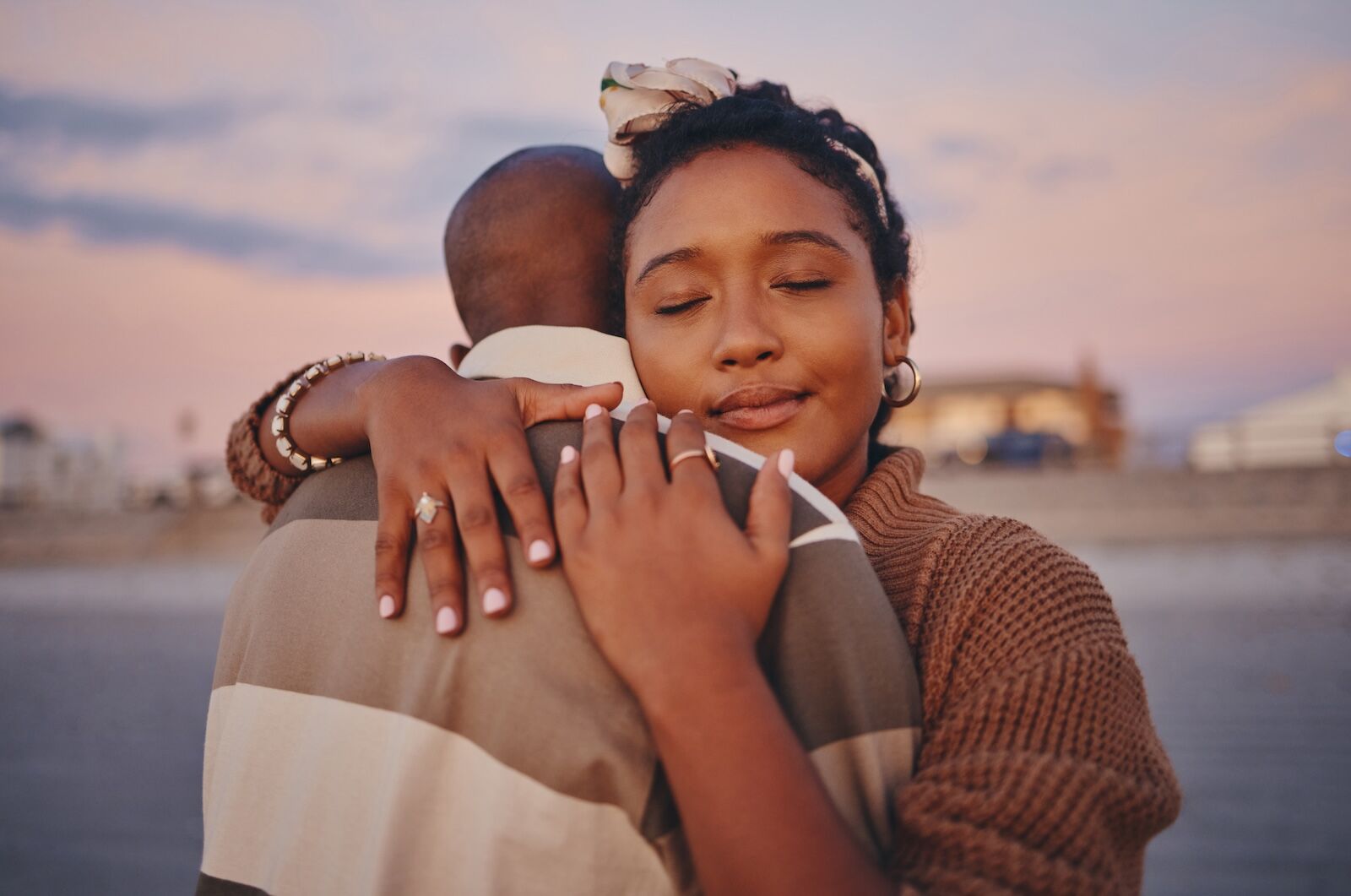
Photo: PeopleImages.com – Yuri A/Shutterstock
While it may seem like it ended too soon, and may have in fact been a flash in the pan that wouldn’t have lasted away from the beaches of Koh Phi Phi, it was still fun while it lasted. So try to frame your brief connection as a sort of mental souvenir of the trip. You can look back and smile at the fun you had, while recognizing what the connection truly was.
“Remind yourself that what you felt back then was real and beautiful, but that it probably wouldn’t feel as great back home,” says Roos. Roos says you’ll want to try to get to a place mentally where you can look back on it and think “it was amazing,” and “I would rather finish at the top than continue something that ruins what we had.” In other words, cliche as it may sound: Don’t cry because it’s over – smile because it happened.
Get back into dating — and try new things

Photo: antoniodiaz/Shutterstock
Going on dates back home can feel hugely deflating after such a whirlwind romance abroad.
“It’s extremely common that ‘normal’ or ‘real’ dating at home feels so much more meaningless, fake and boring compared to the spontaneous and living dating scene when traveling,” Roos says.
However, just as you can’t eat your favorite meal every day, dating can’t feel like that first meeting of eyes across a Thai beach bar all the time.
Groskopf suggests that anyone dealing with a travel fling ending stop trying to look for a similar travel-romance high in their dates. “Instead, build a life that feels exciting and aligned on its own — then bring someone into that,” she says. Real connections don’t have to be boring, she points out, but they do “need to be grounded in something more than fantasy.”
Likely, you met this person while doing something outside of your normal routine, so it felt more exciting than meeting someone on an app. By trying new activities that fit into your normal life and routine, such as joining a new club or doing a new sport, you could make doing new things a regular part of your life – and maybe recreate a bit of that magic.
“It can also help to try to date more in real life, so turn towards physical dating scenes or engage in a hobby or activity where you can meet others,” Roos says.
Be careful of setting your expectations too high and hoping to meet your future soulmate while doing these things, though. If it happens, it happens –- but it also might not.
“Don’t forget that dating at home takes more time, and is about really getting to know each other,” Roos says. That, she points out, is healthier in the long run, and creates better odds for a successful relationships.
In the months since my return to my real life, I still think fondly of my Aussie boy, but have long since moved past any illusion of ever seeing him again. Instead, I try to summon that confident woman inside of me who went over and spoke to him at the bar, just because I thought he was beautiful. While he may be long gone, she’ll be sticking around for a long time. ![]()




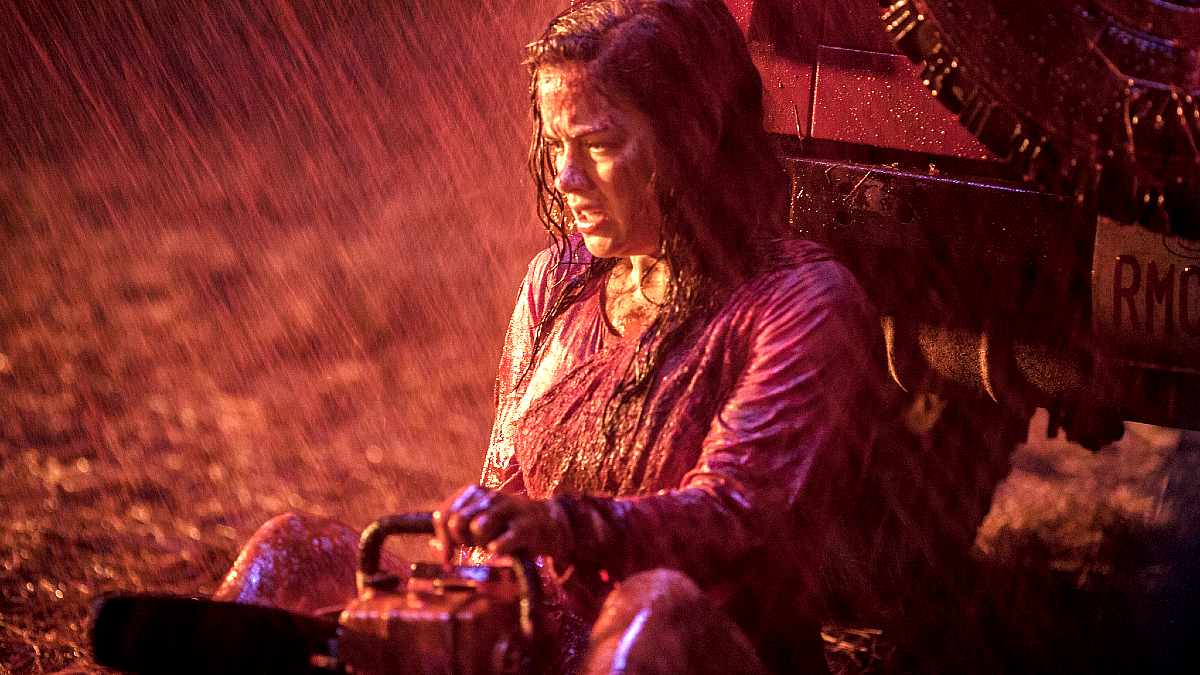
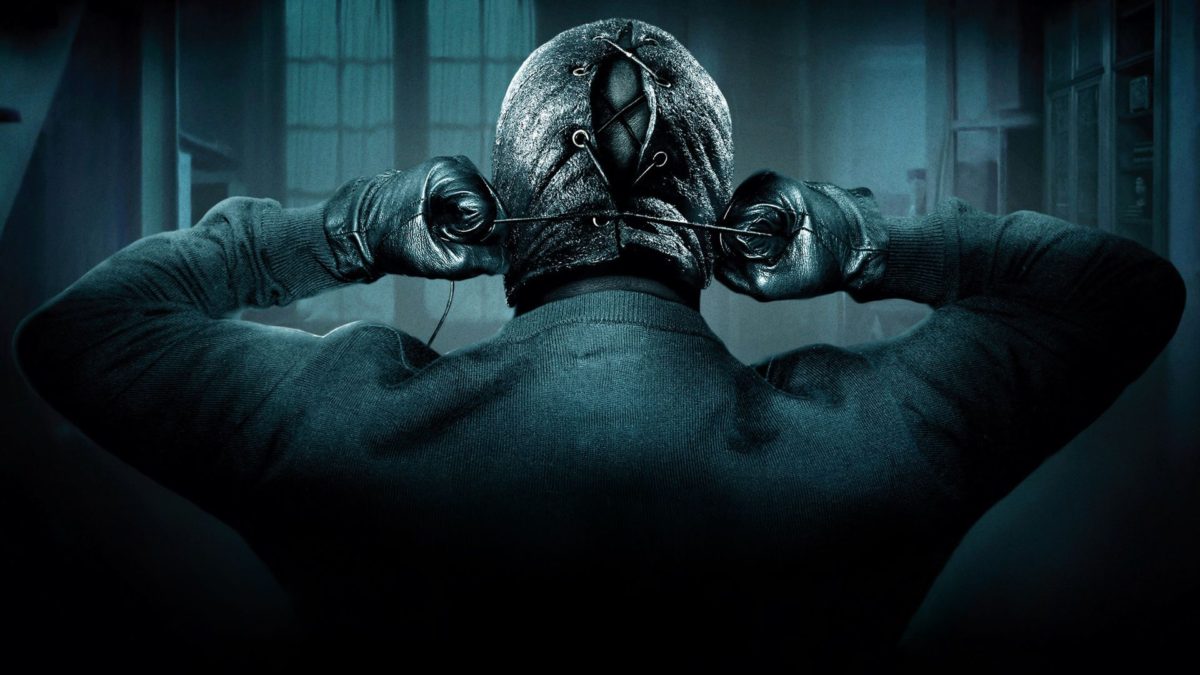




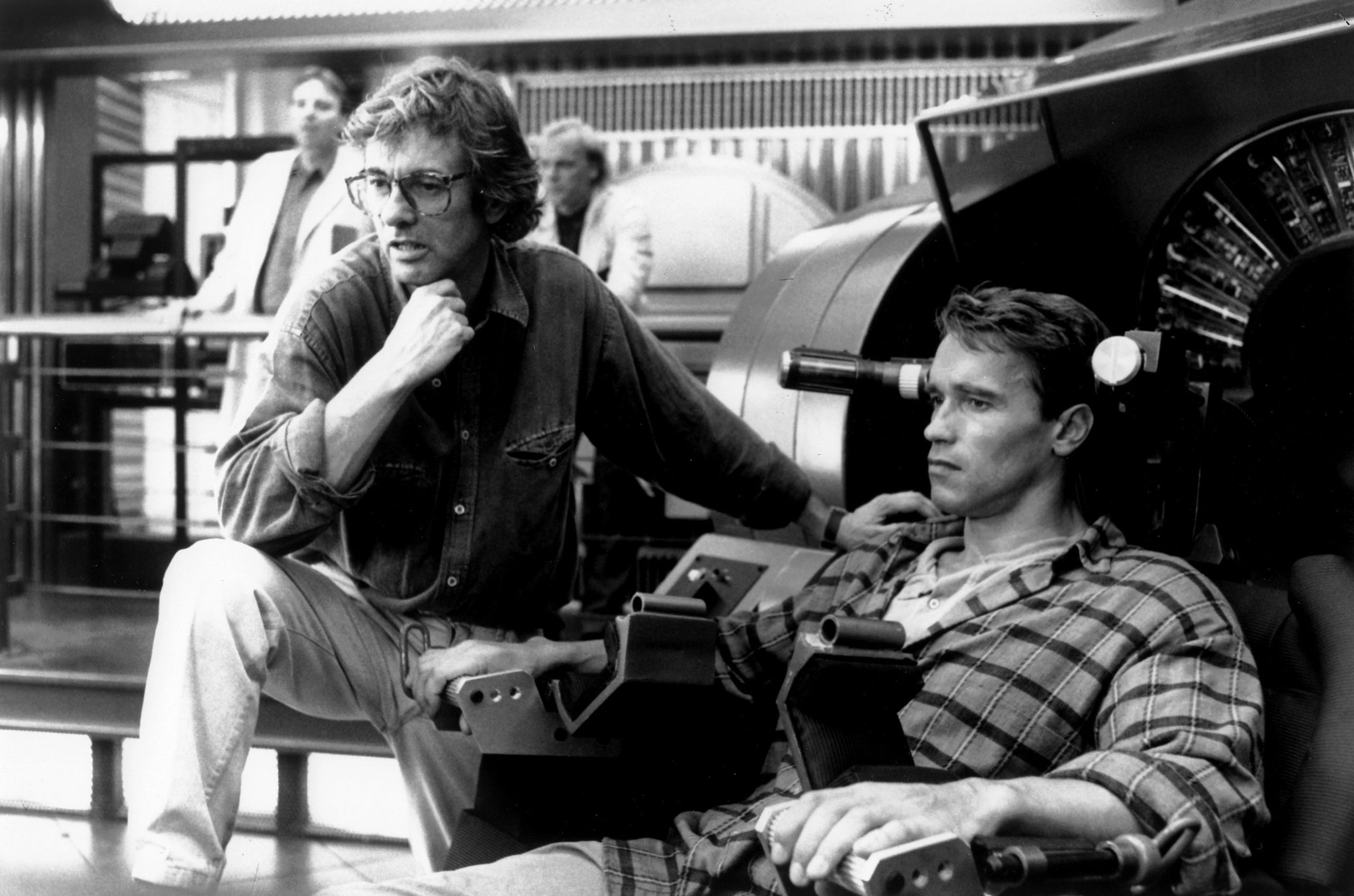
















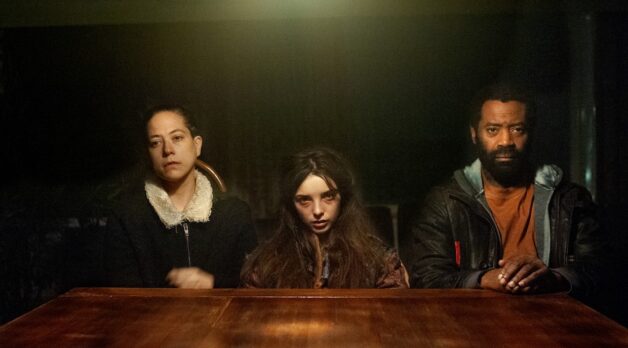
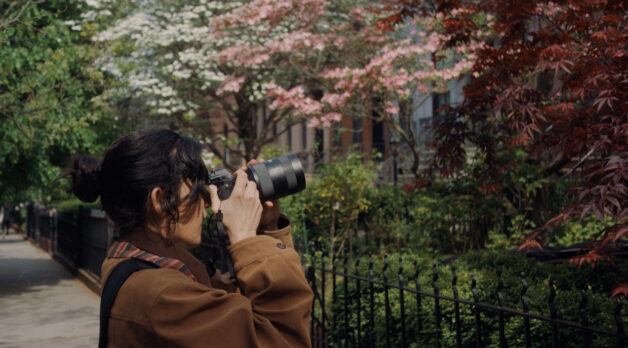

























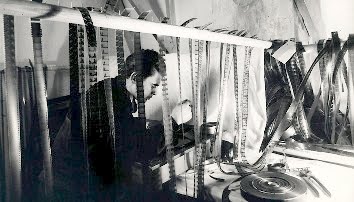
![The Sweet Cheat [THE PAST REGAINED]](https://jonathanrosenbaum.net/wp-content/uploads/2011/05/timeregained-womanonstairs.png)



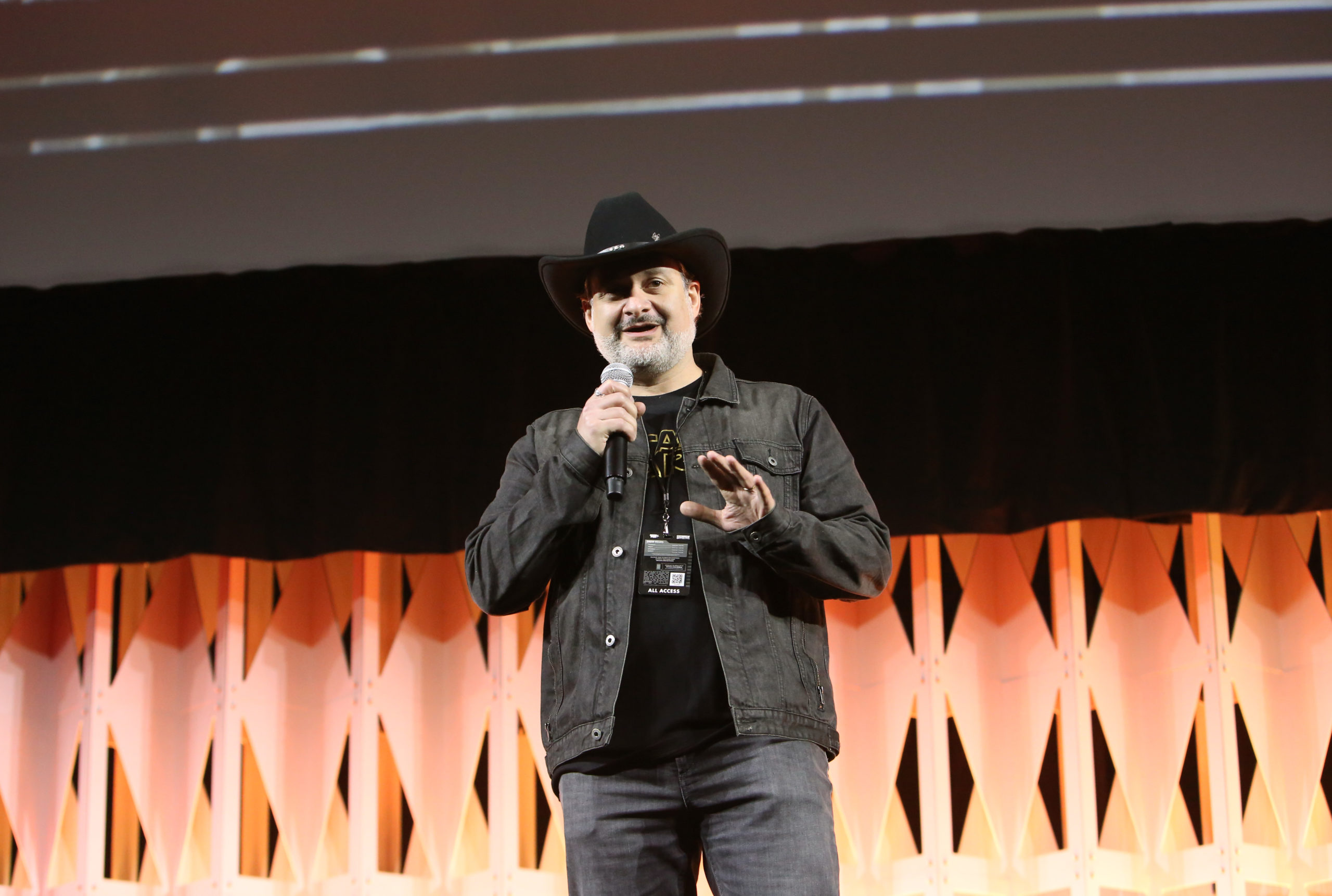



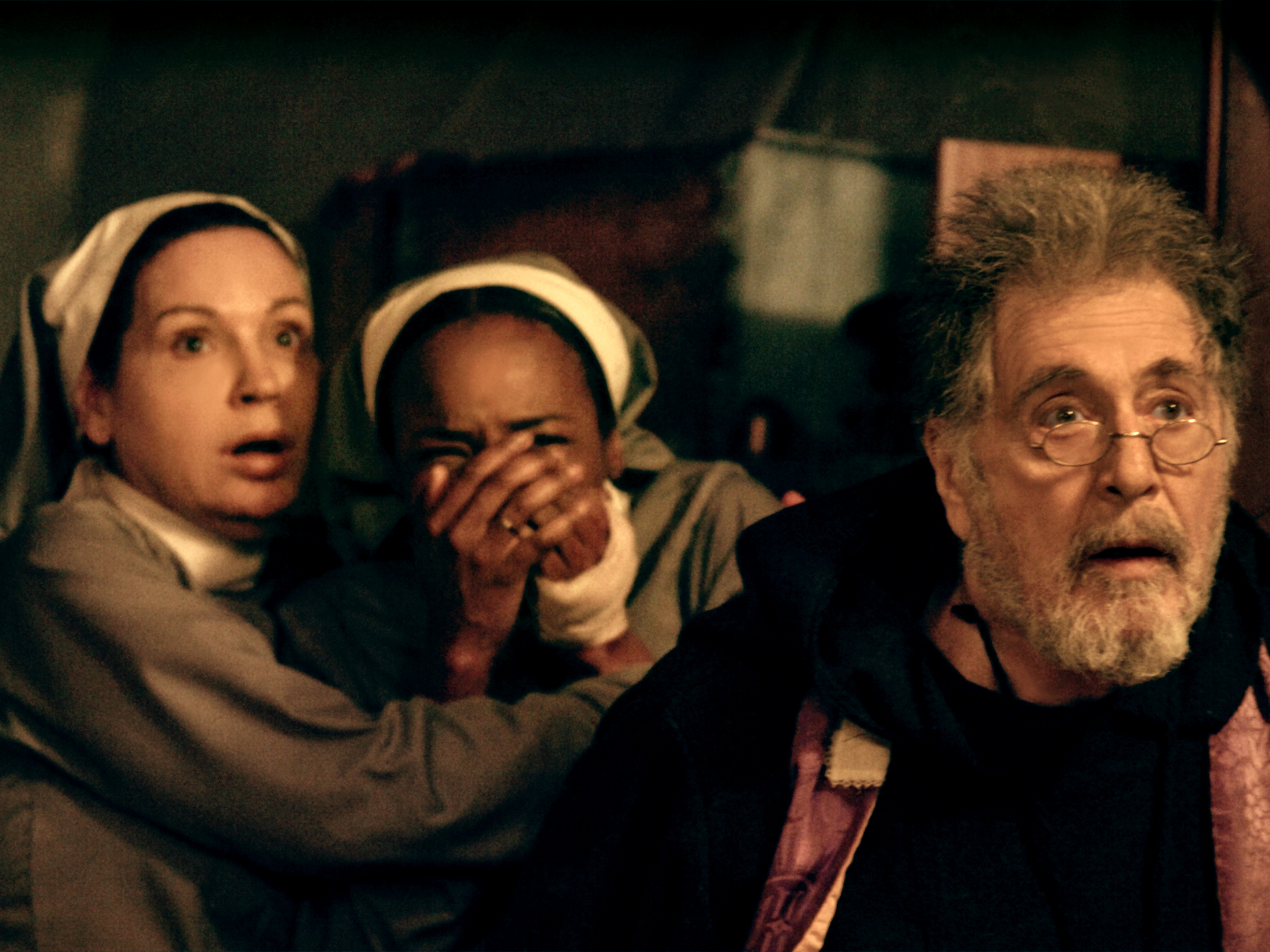








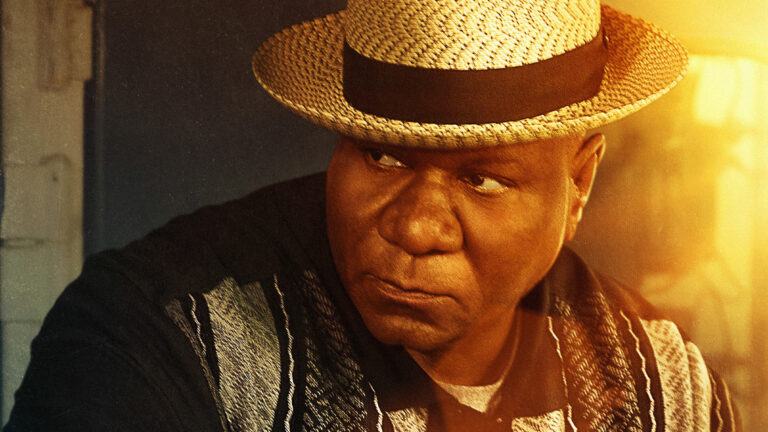
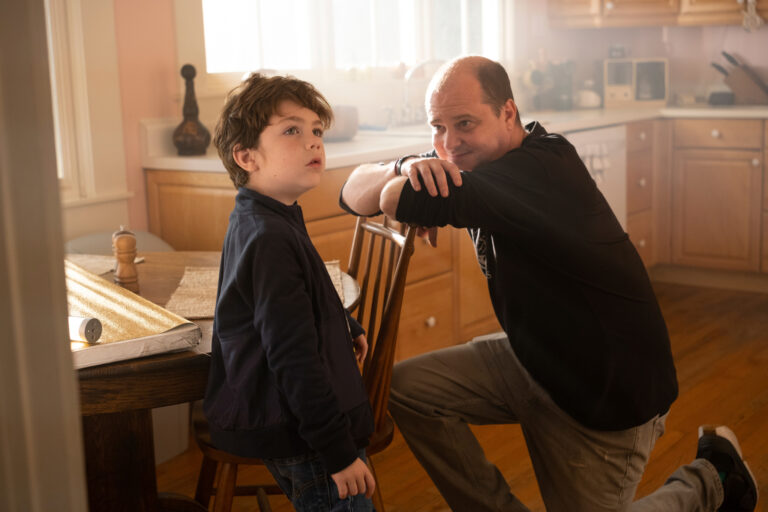
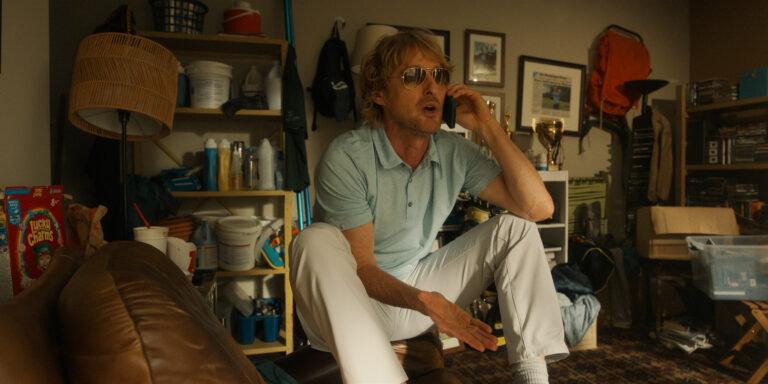
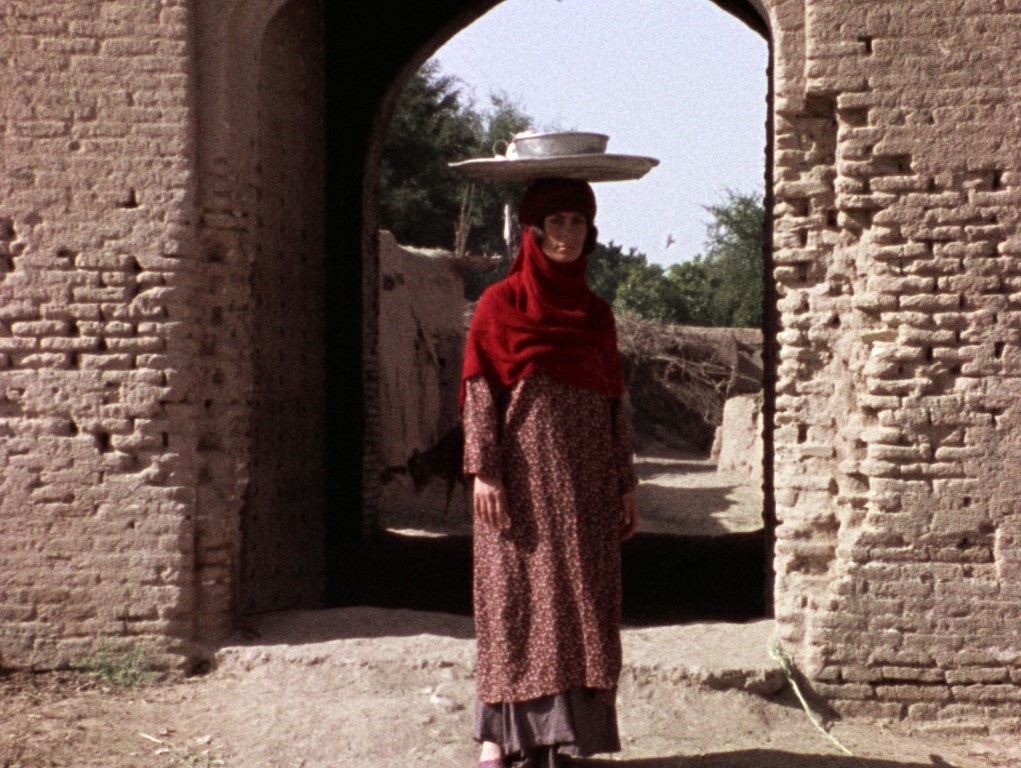





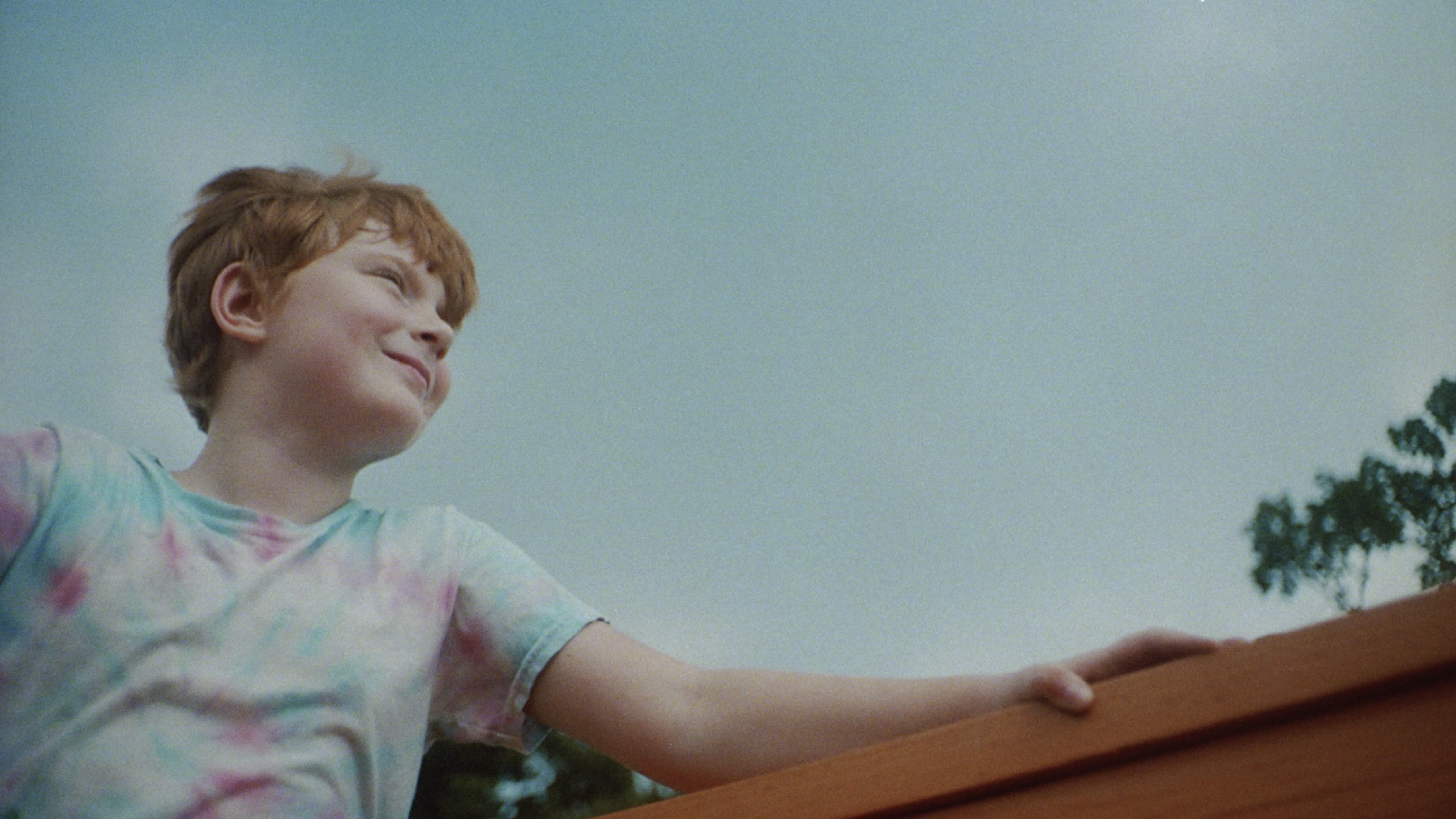
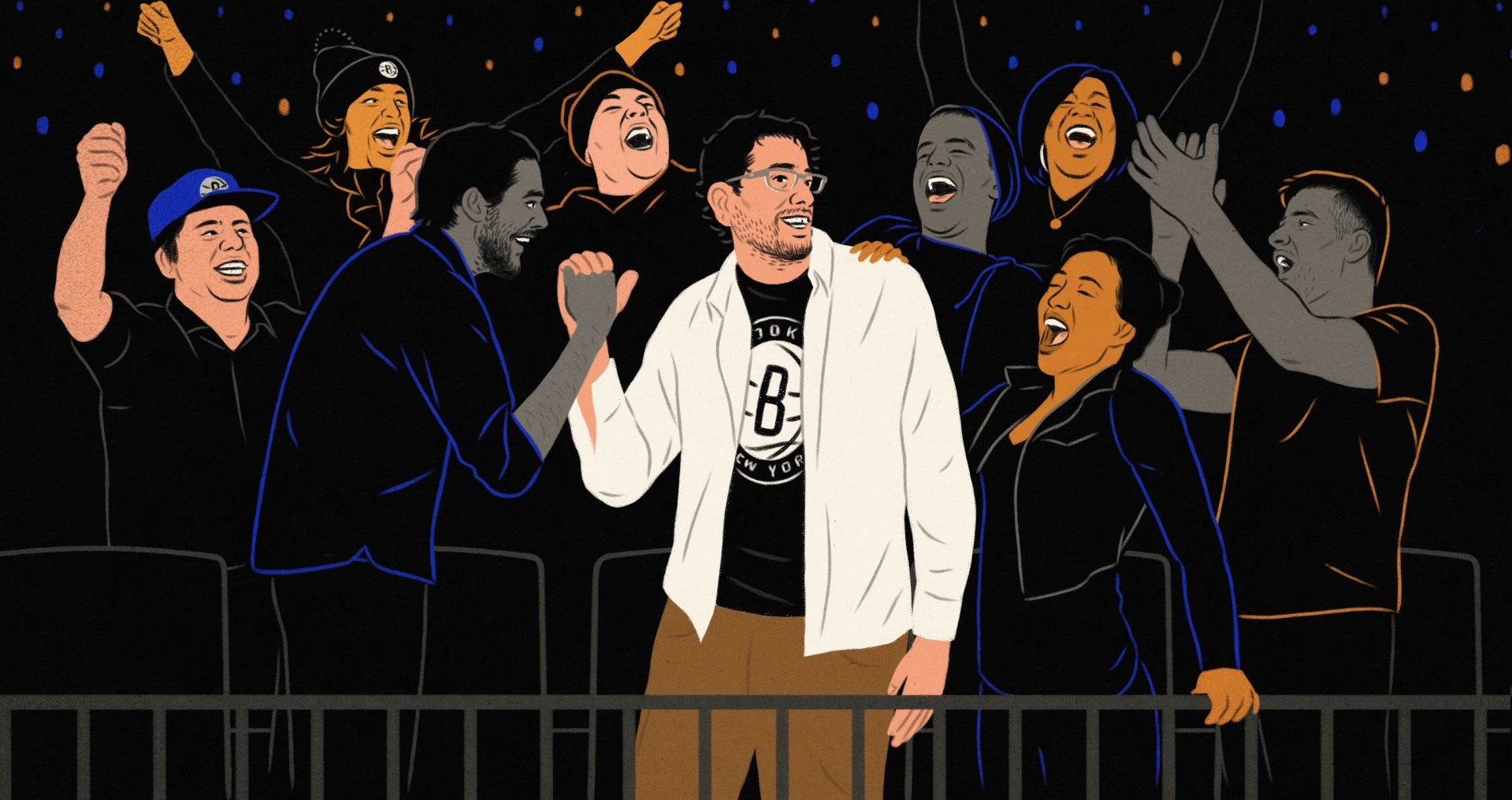




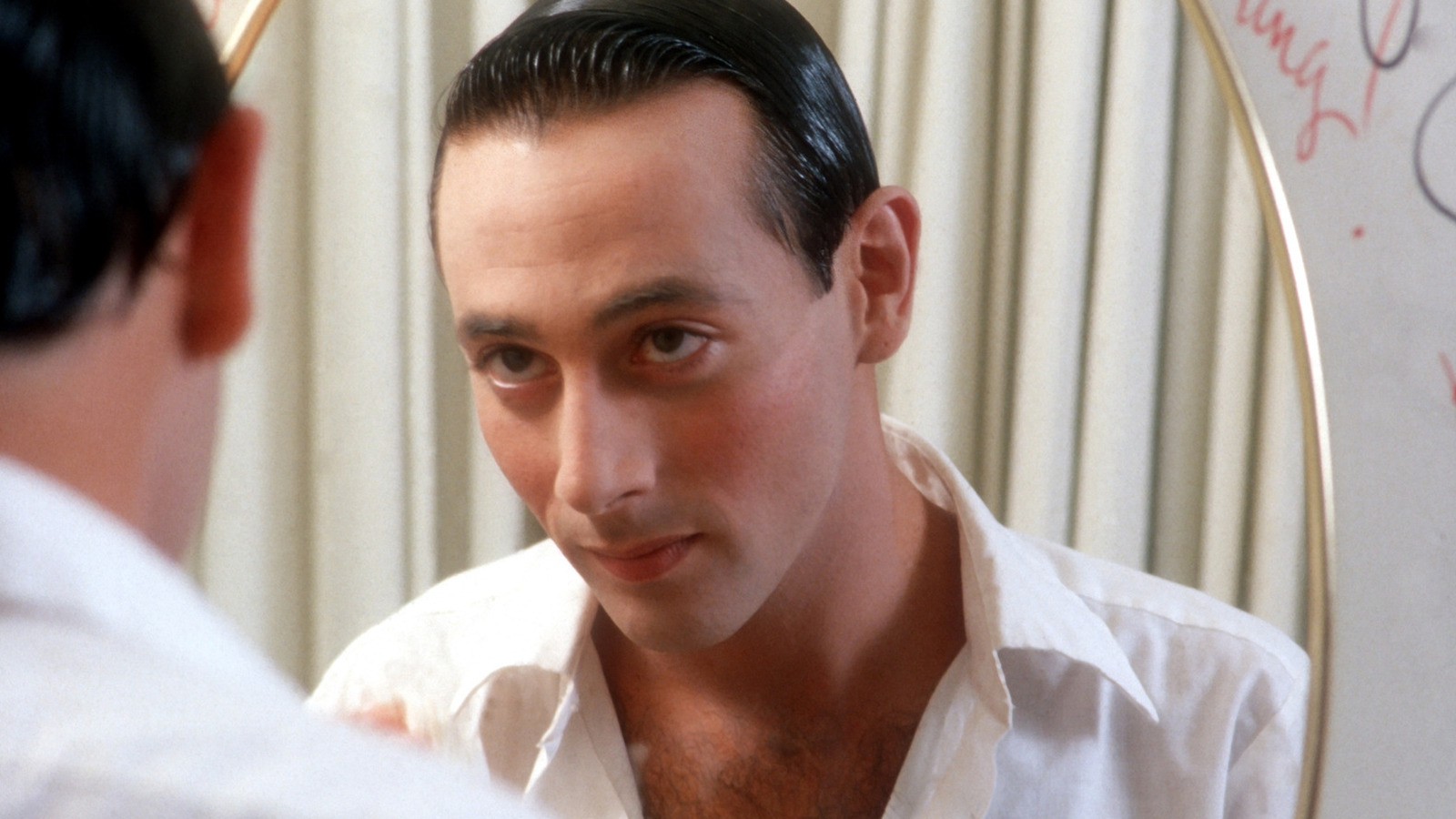



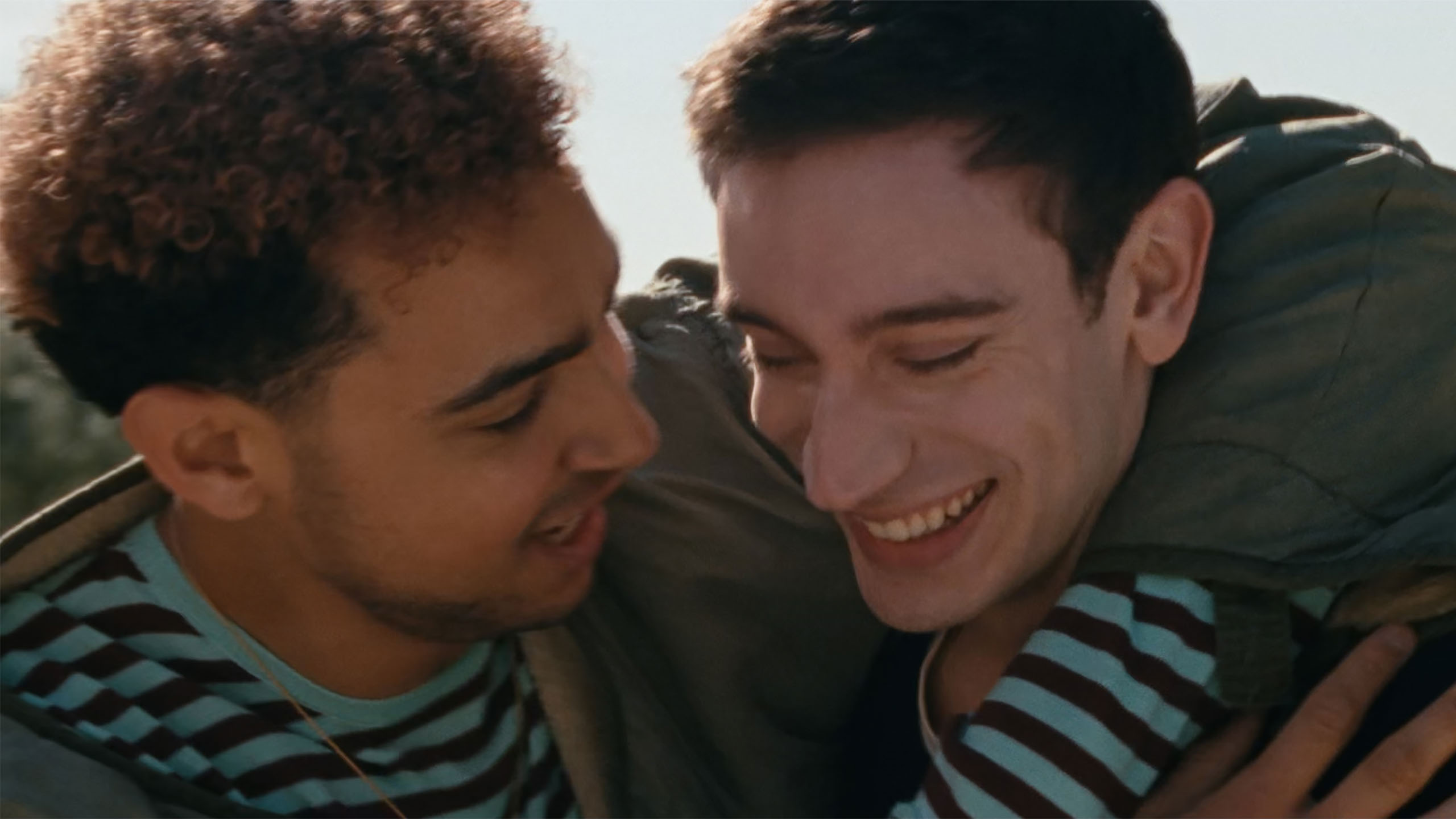





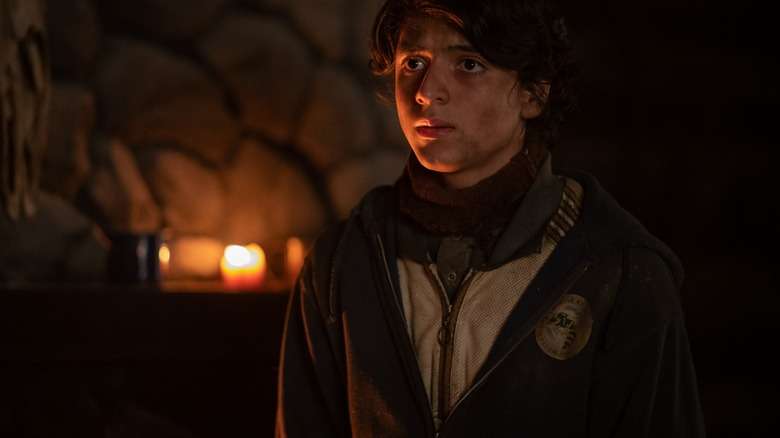















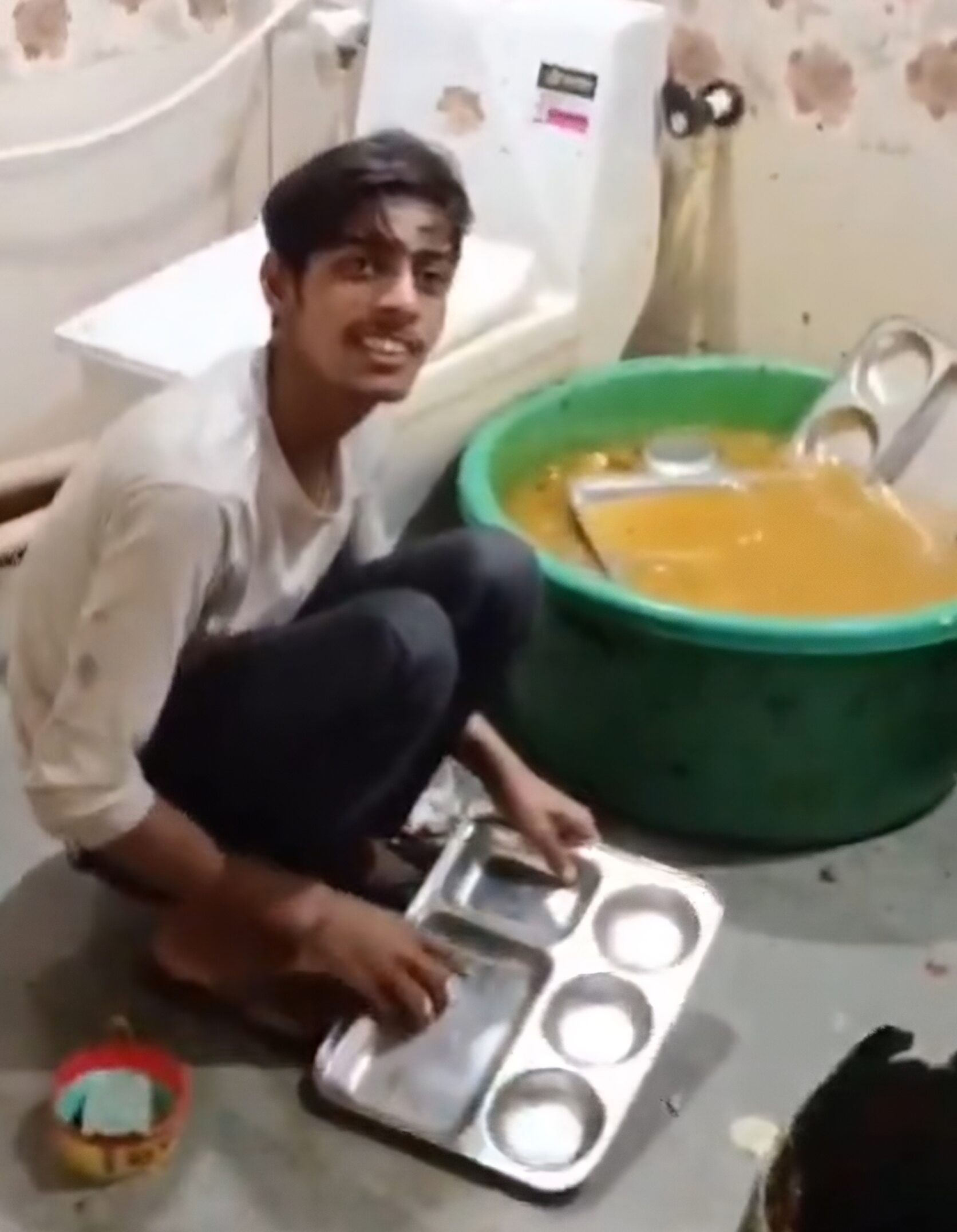


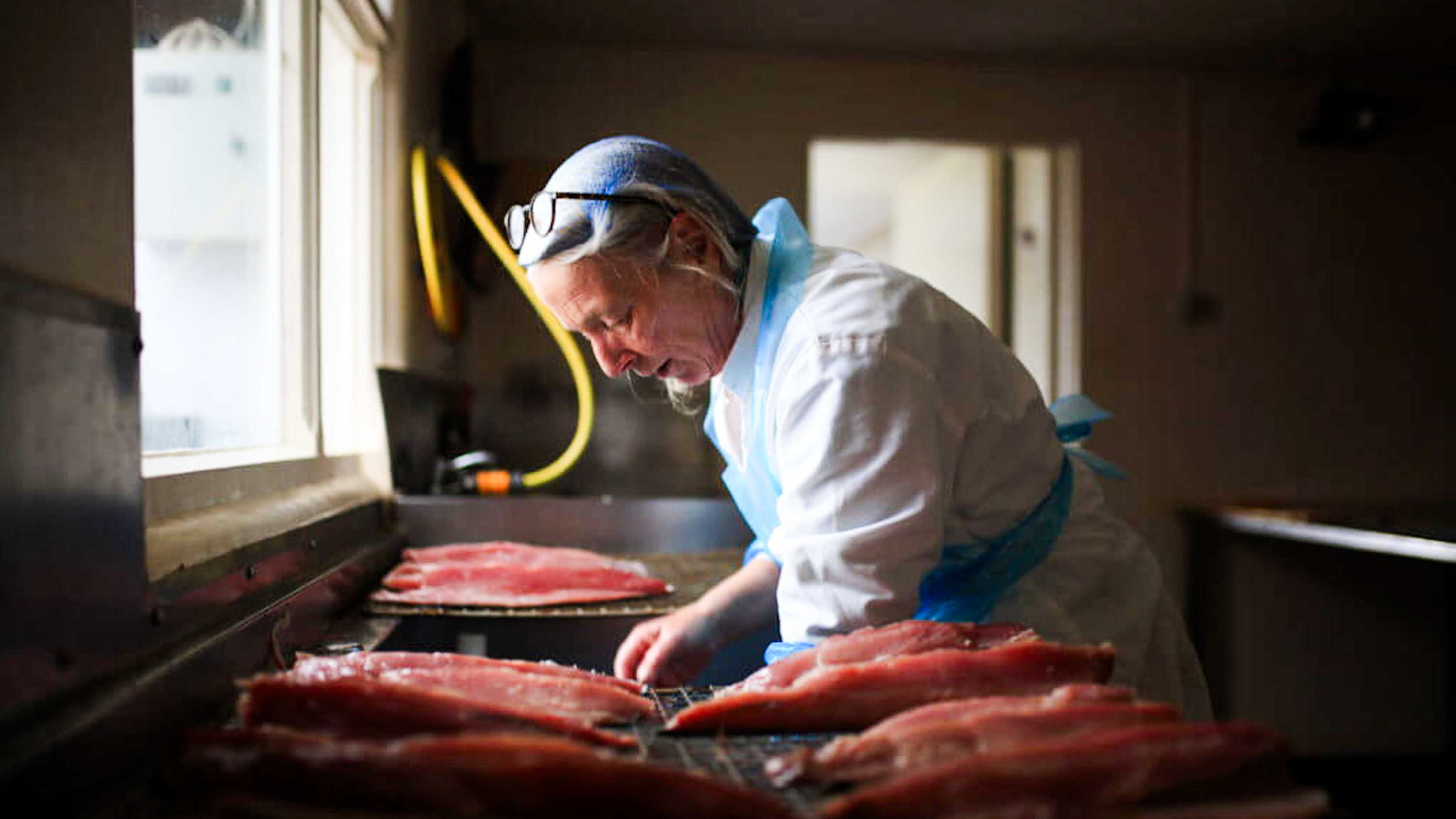









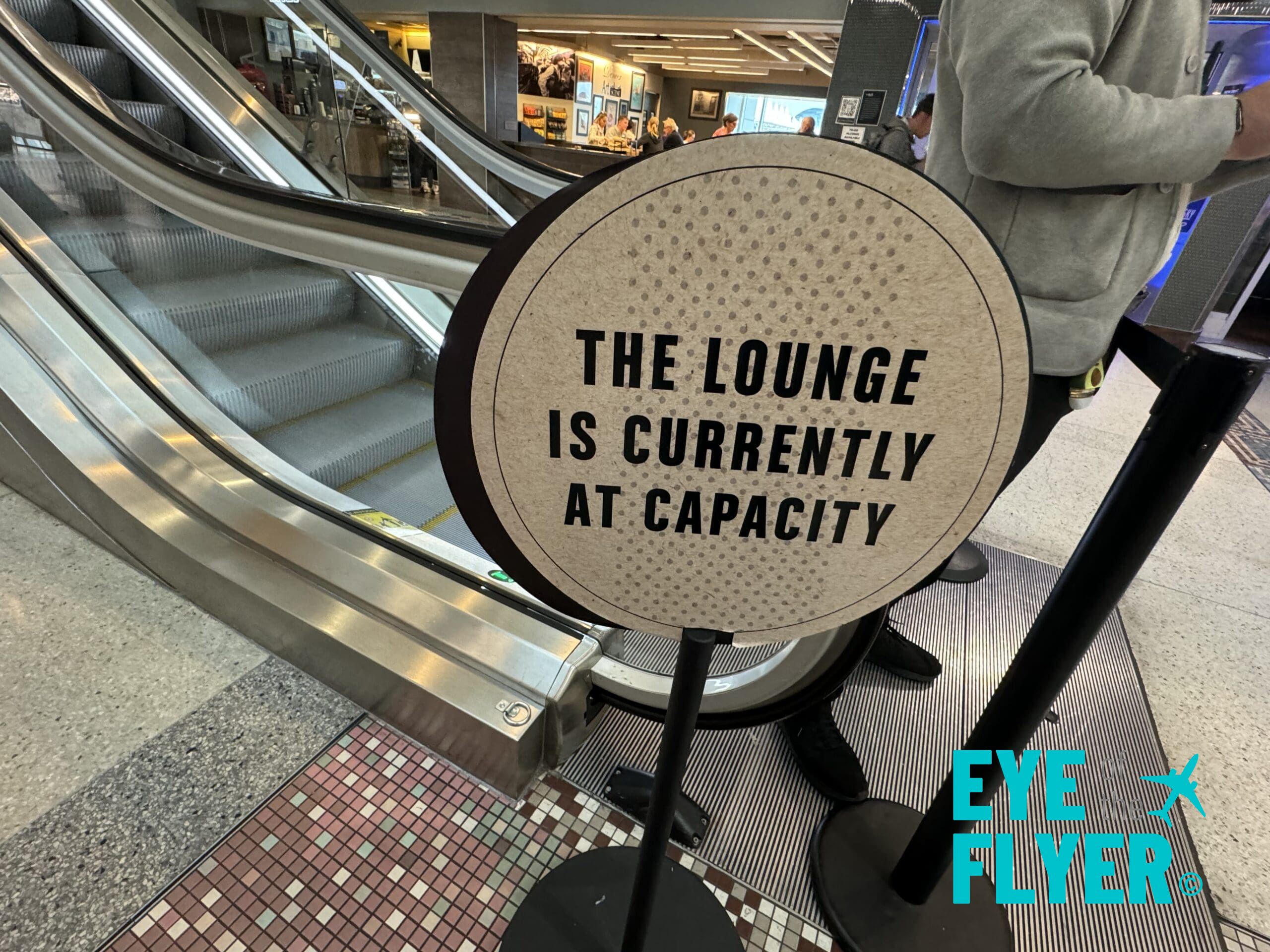
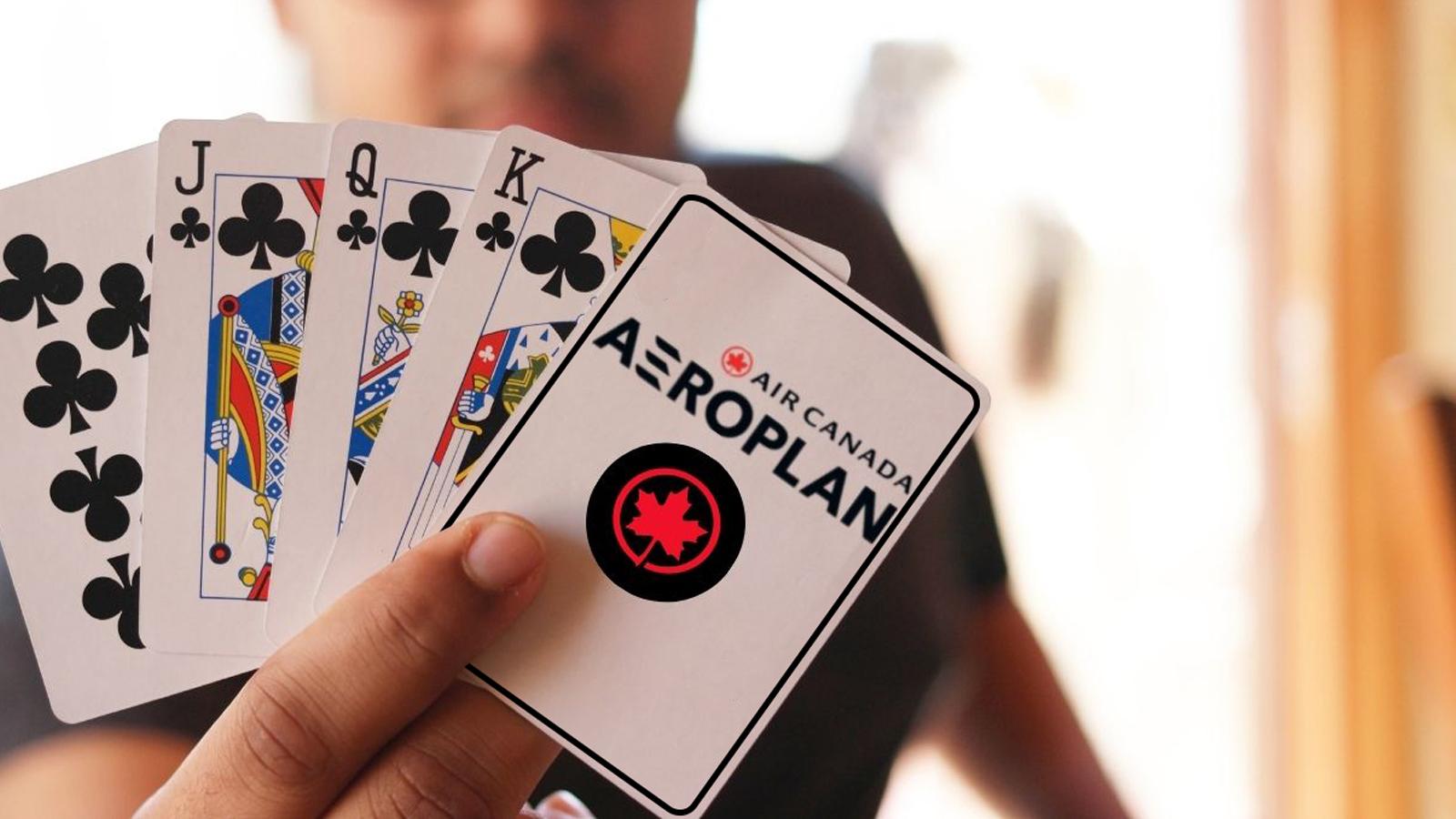







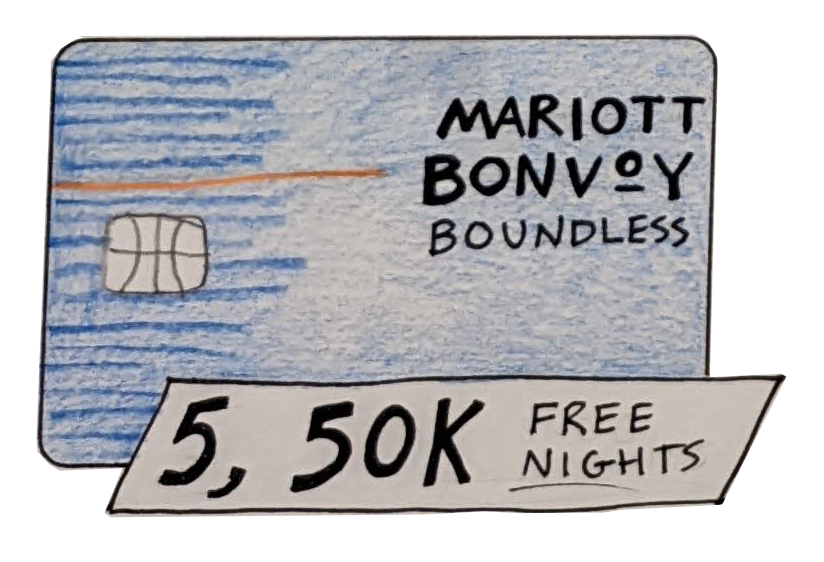












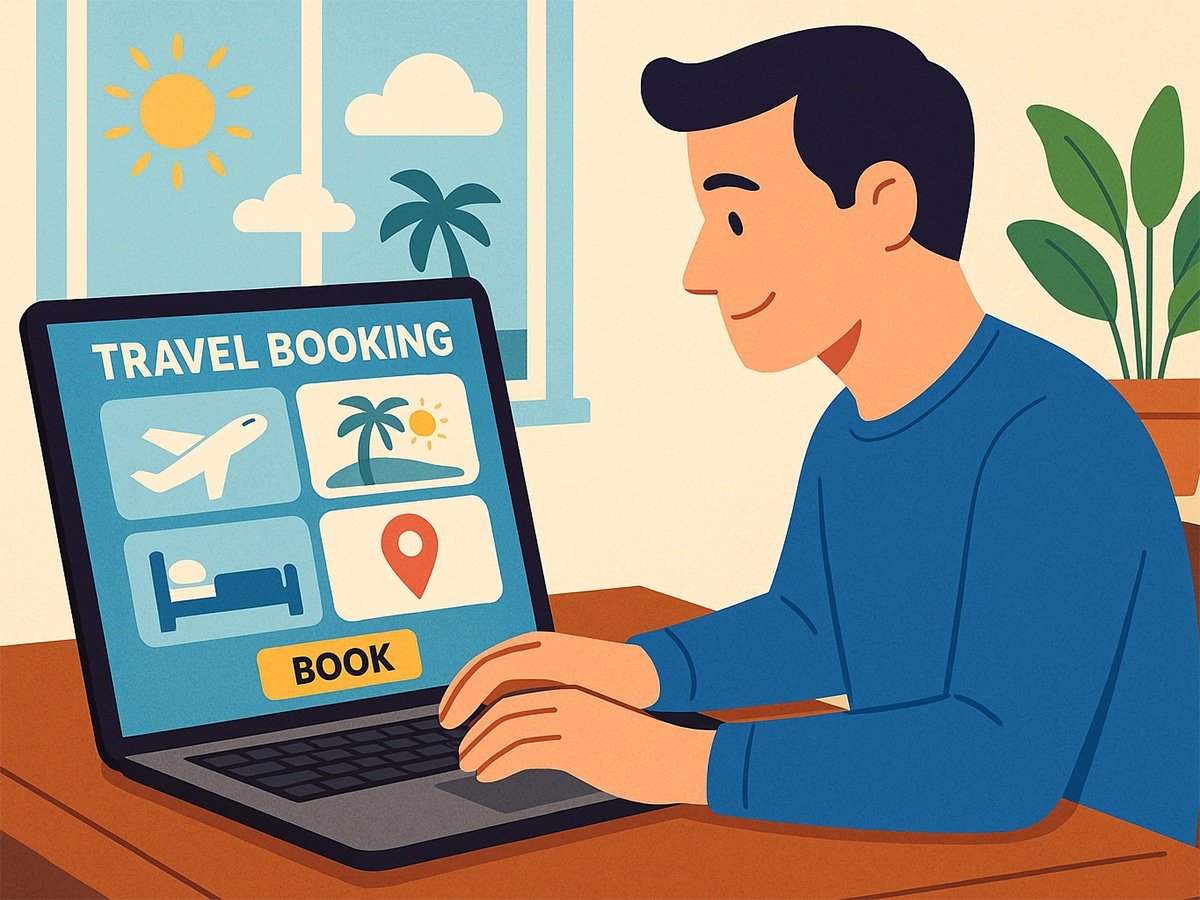











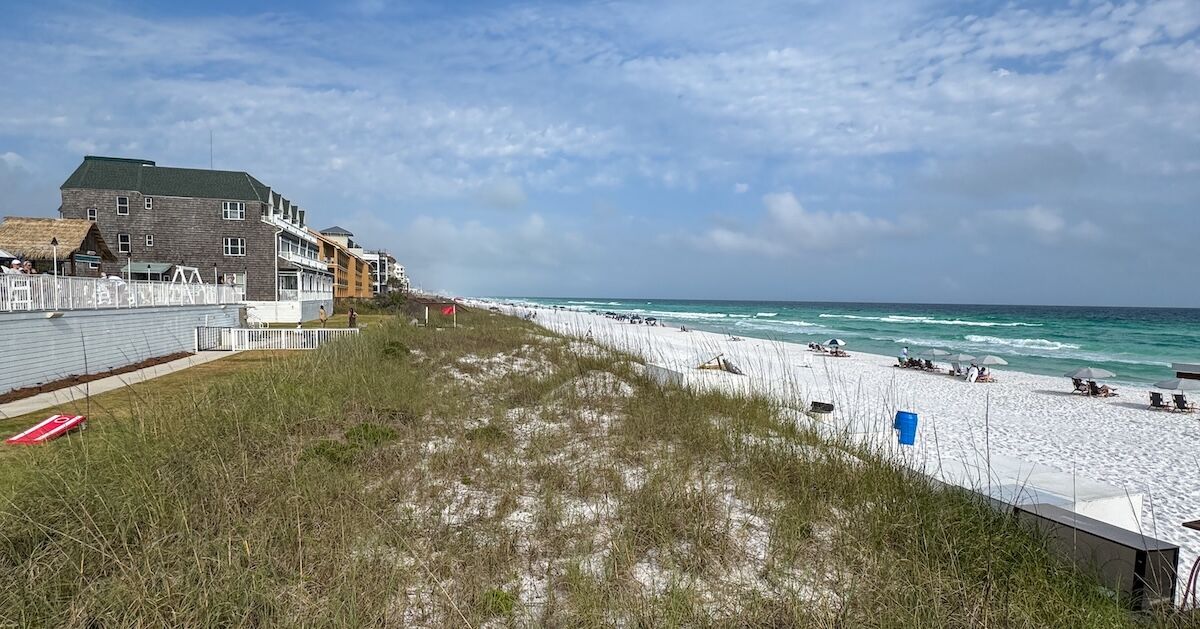































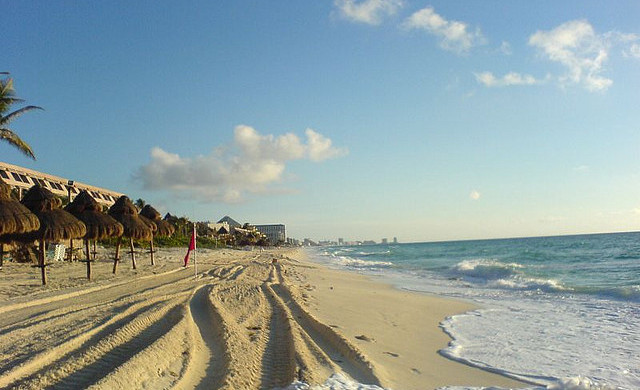




































-0-8-screenshot.png?width=1920&height=1920&fit=bounds&quality=70&format=jpg&auto=webp#)
.jpg?width=1920&height=1920&fit=bounds&quality=70&format=jpg&auto=webp#)
